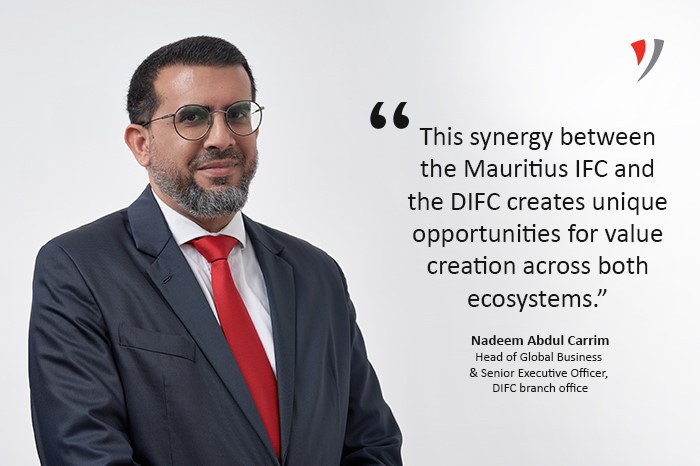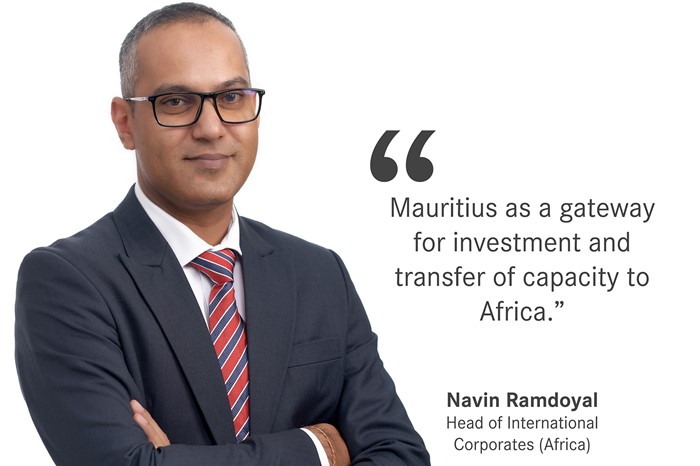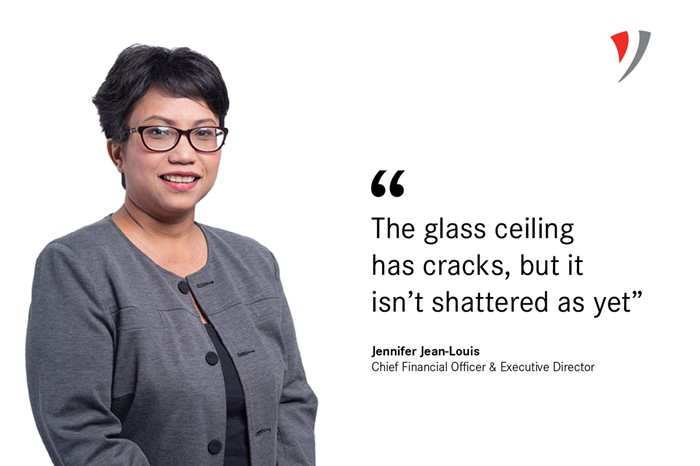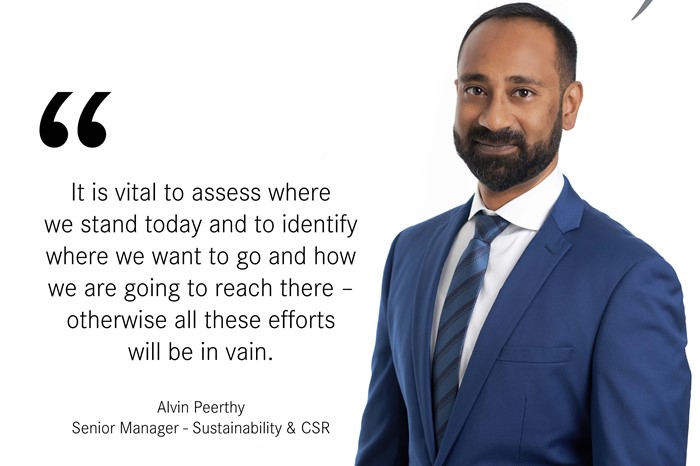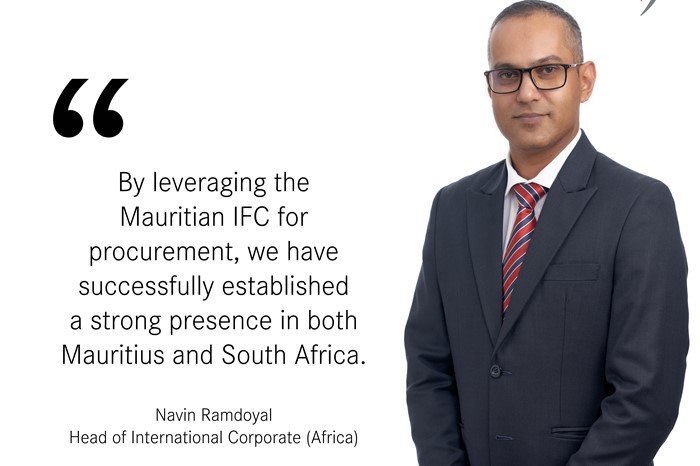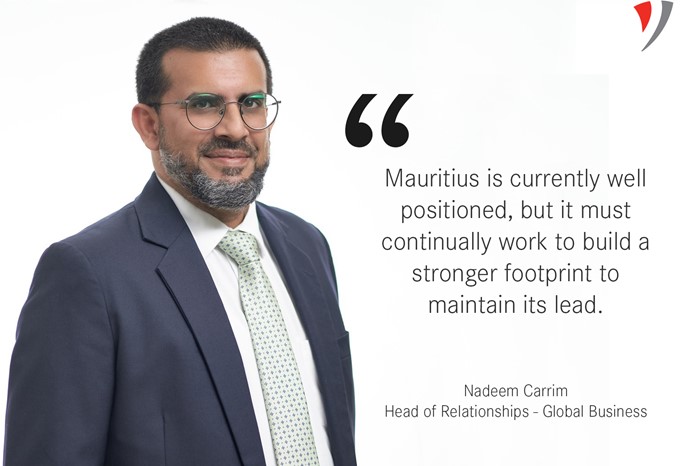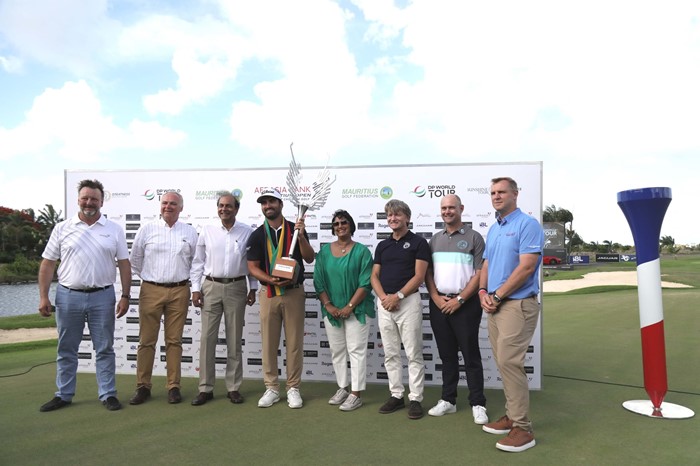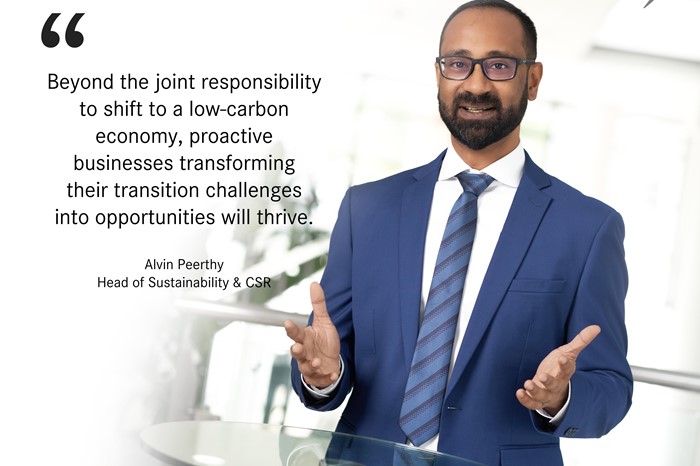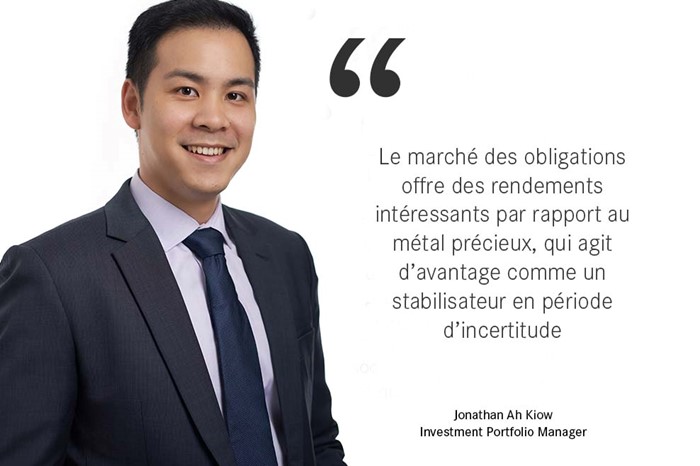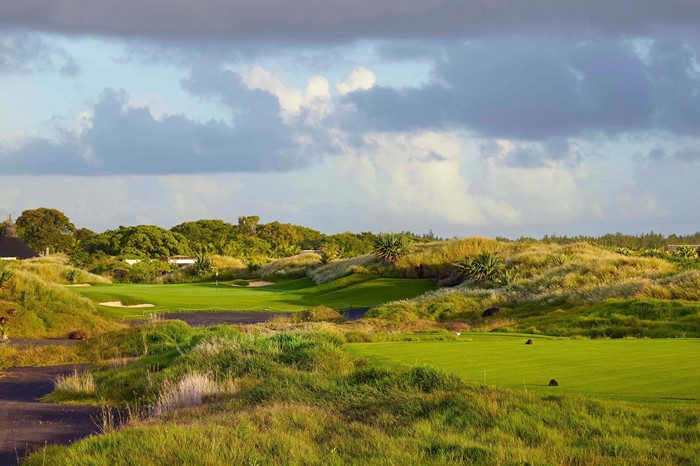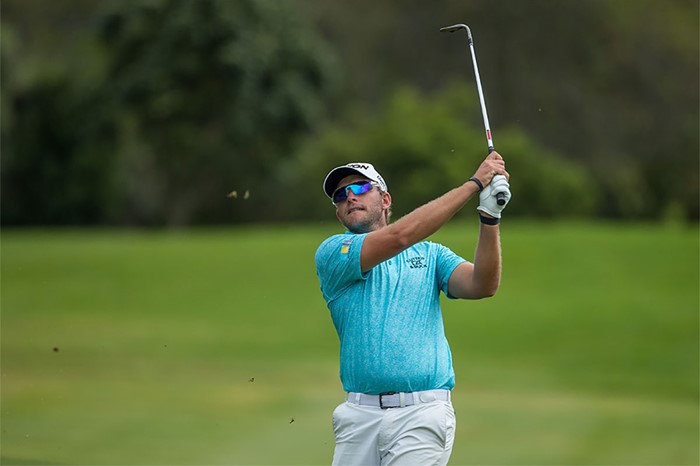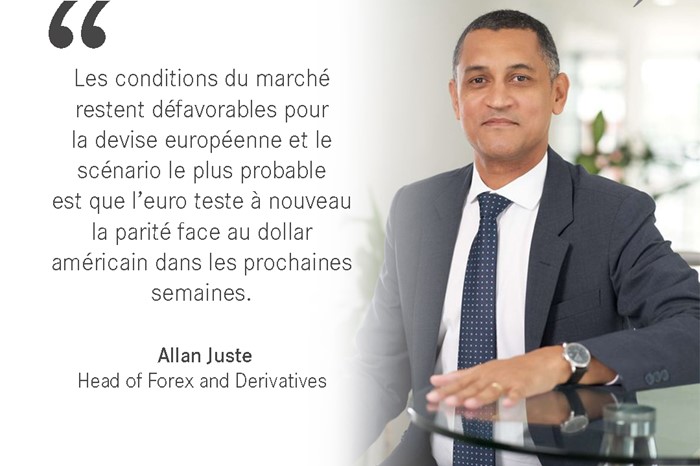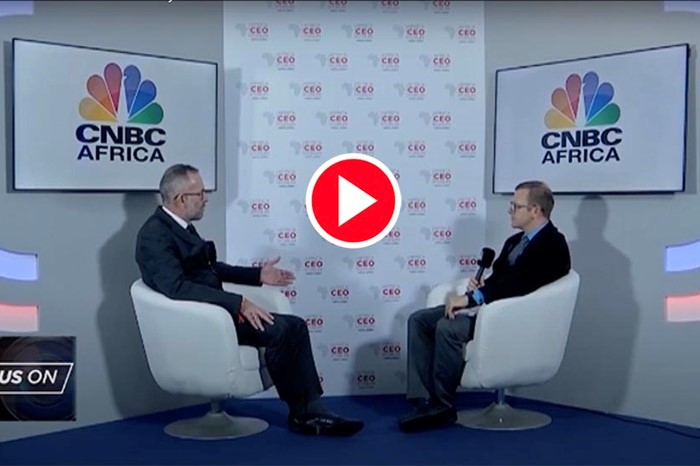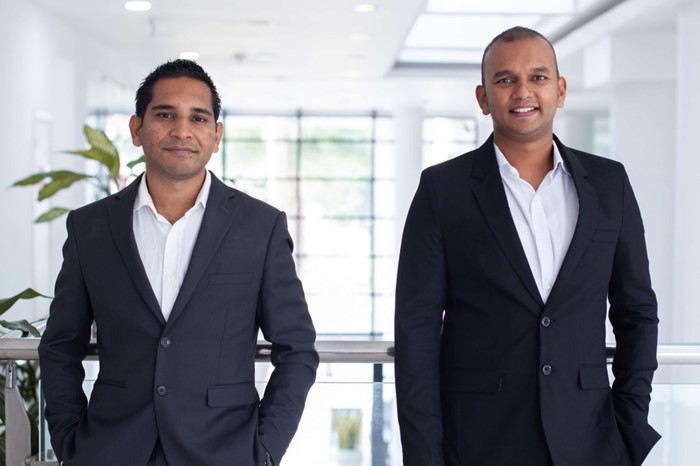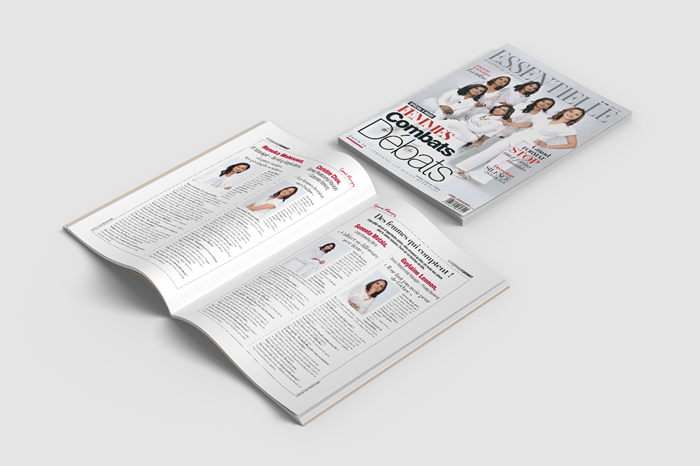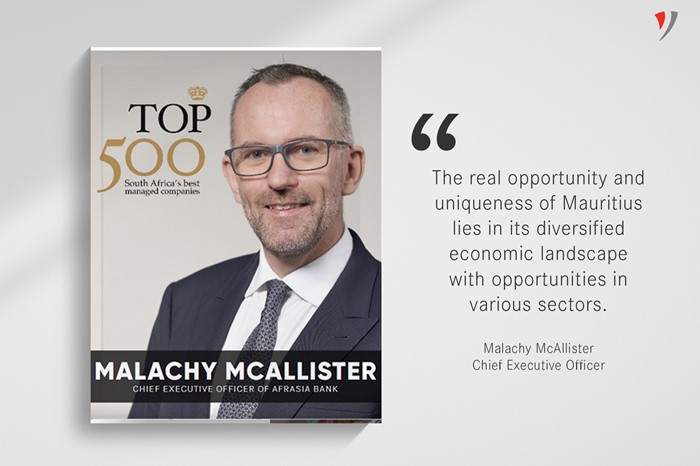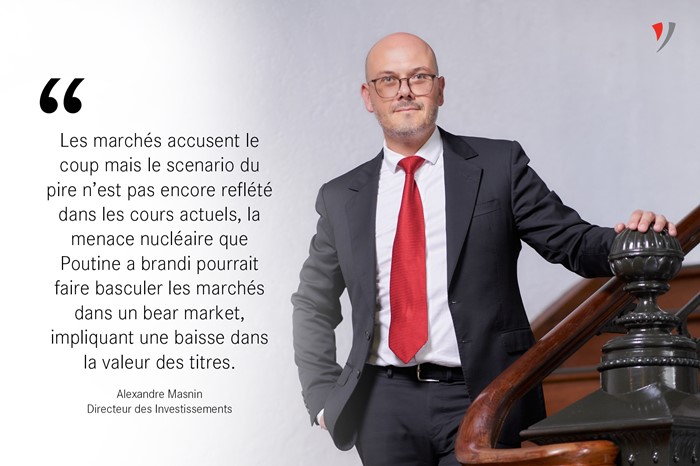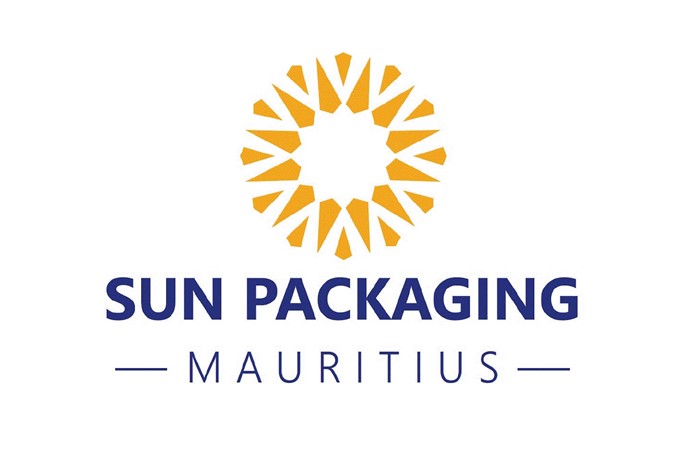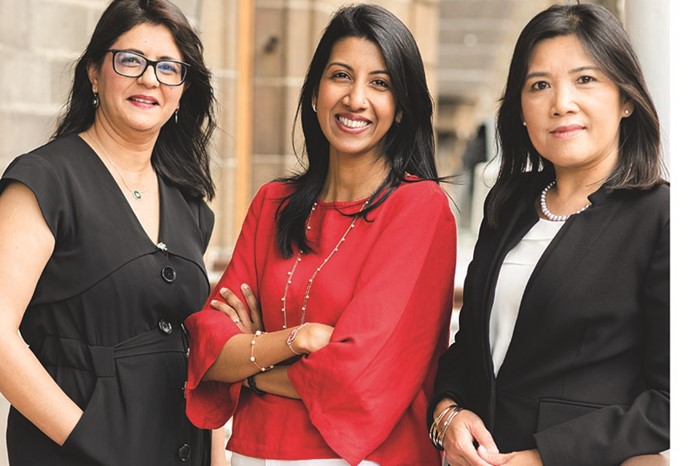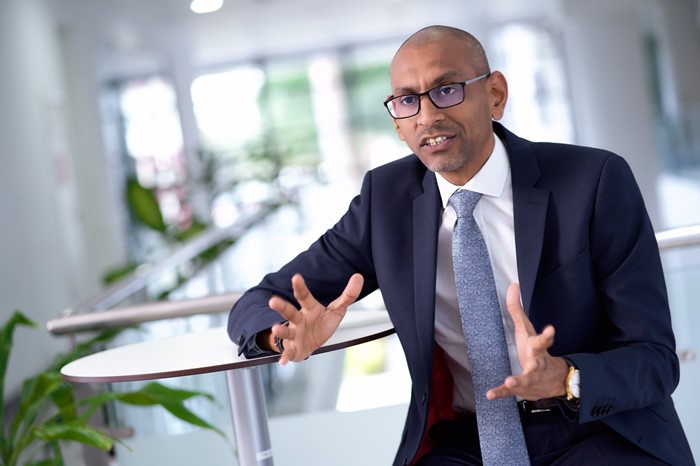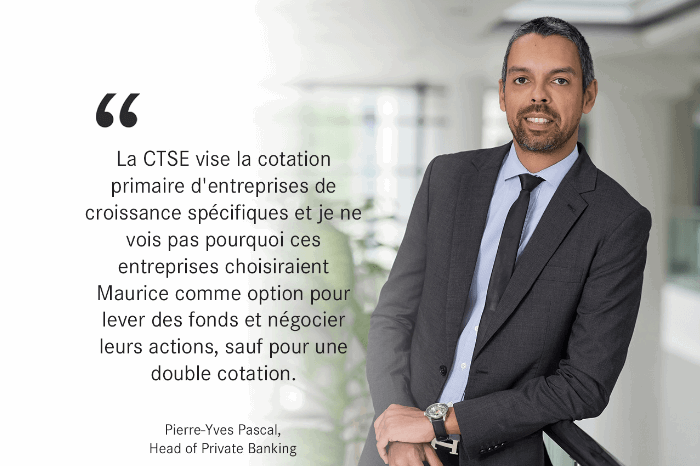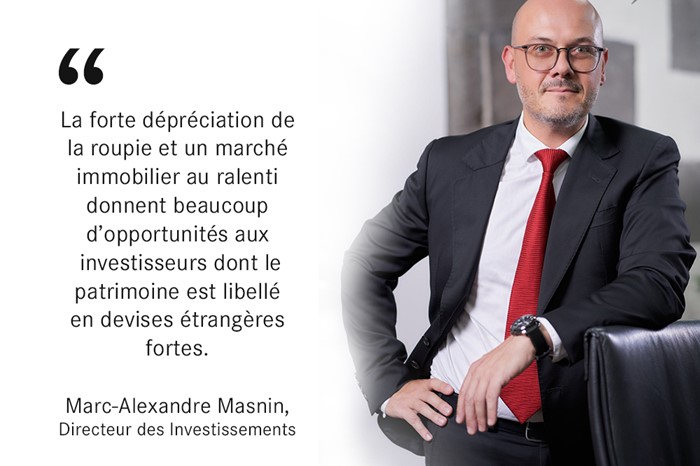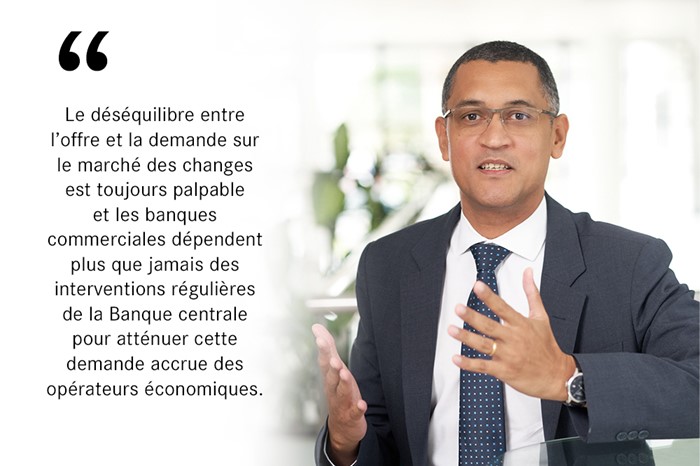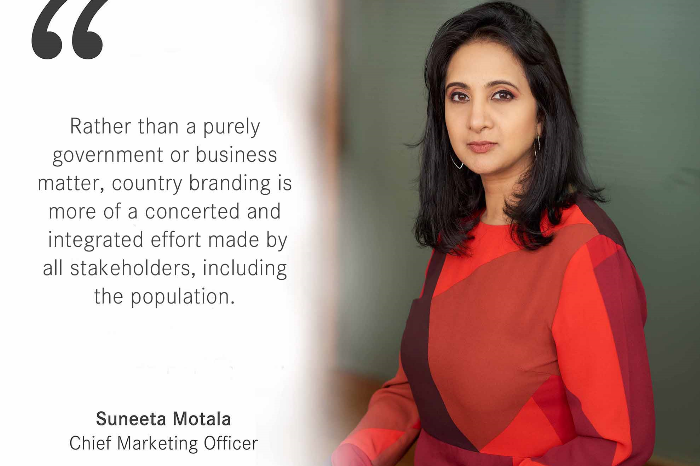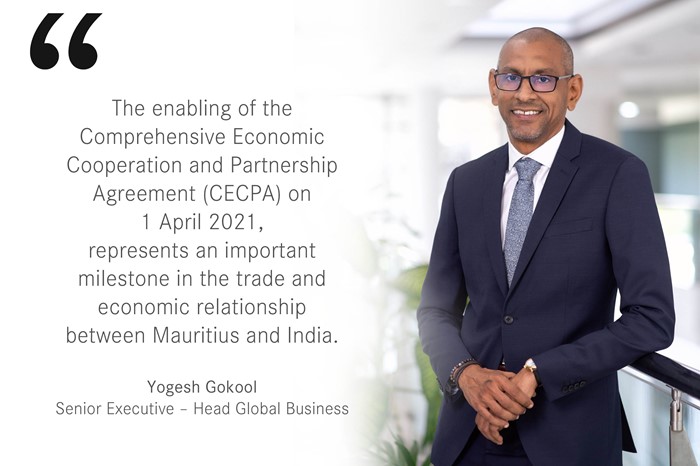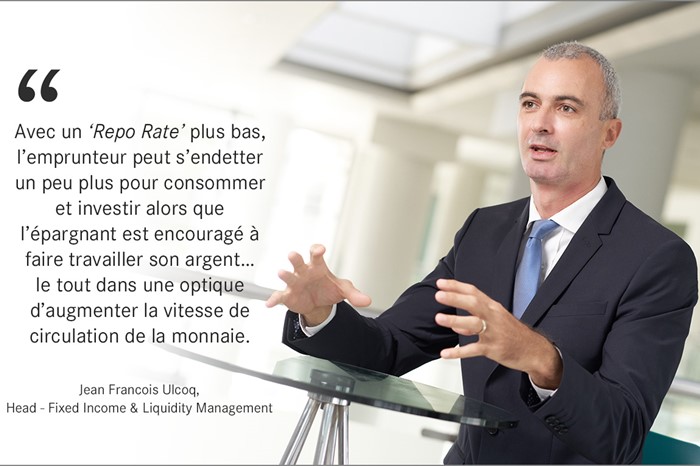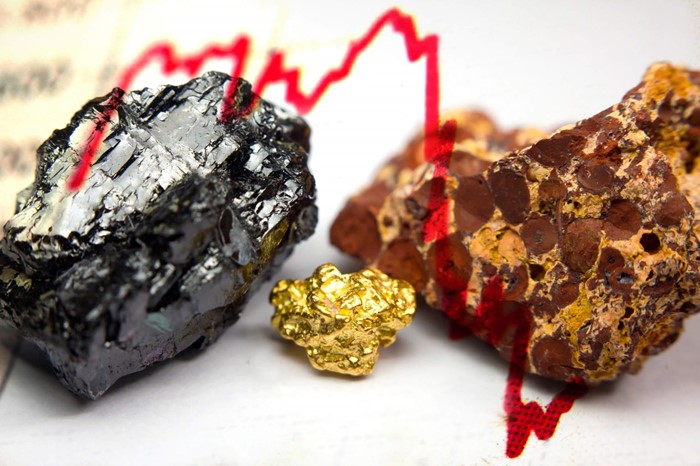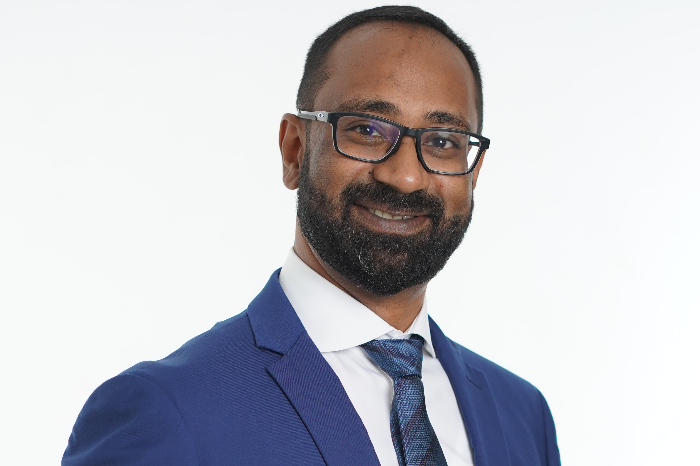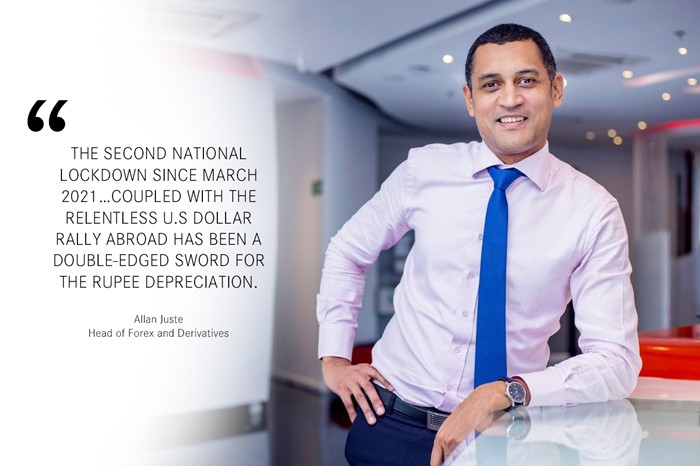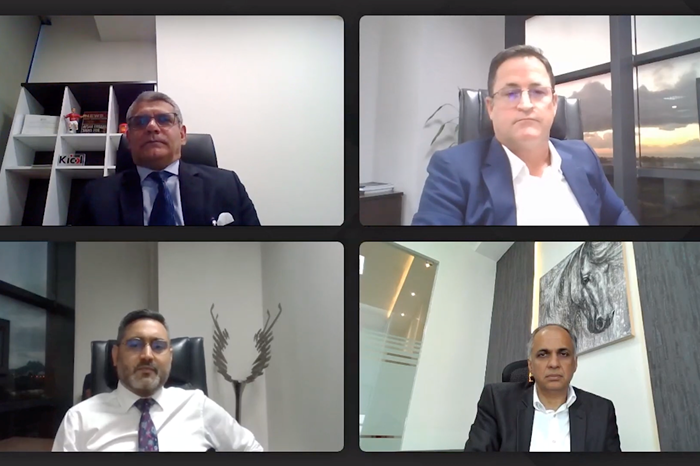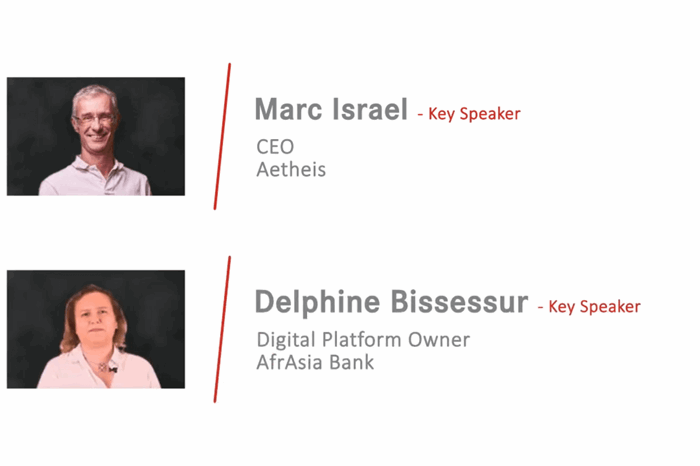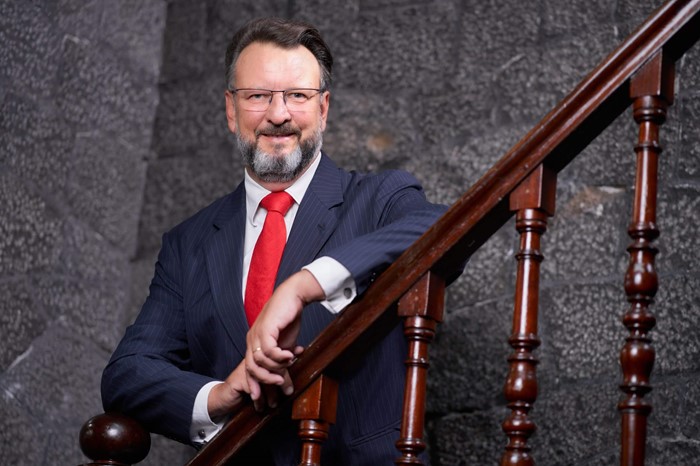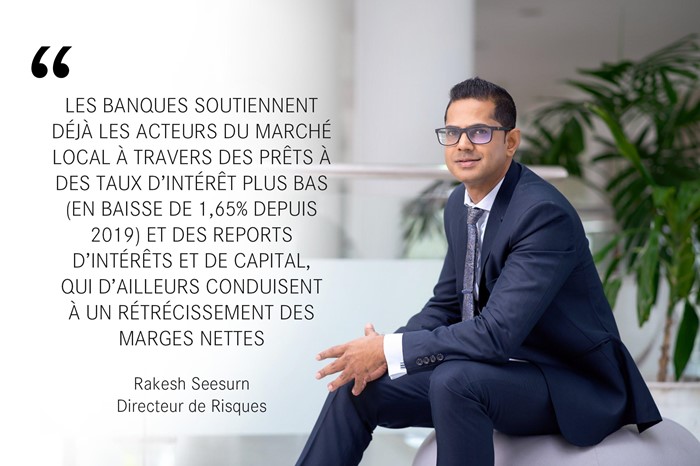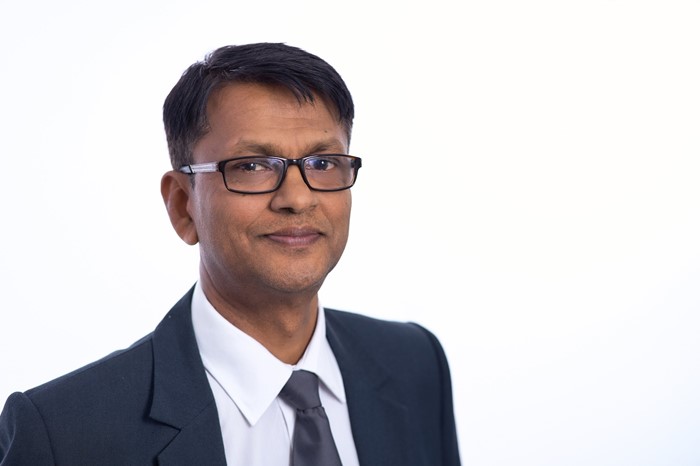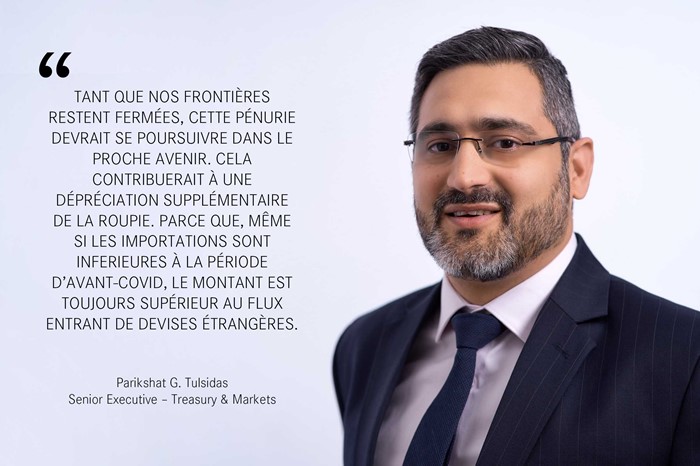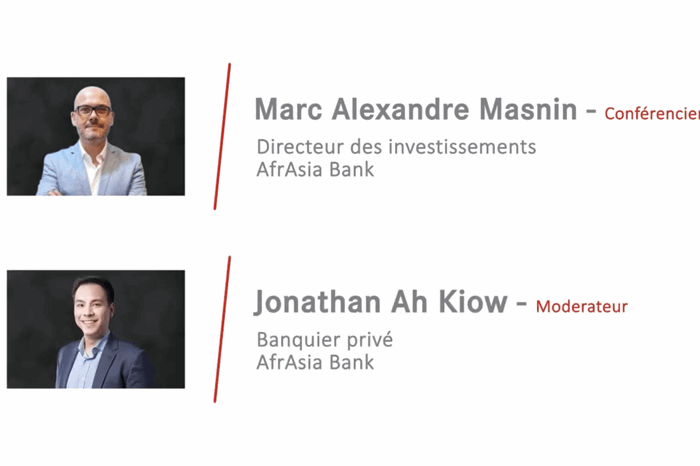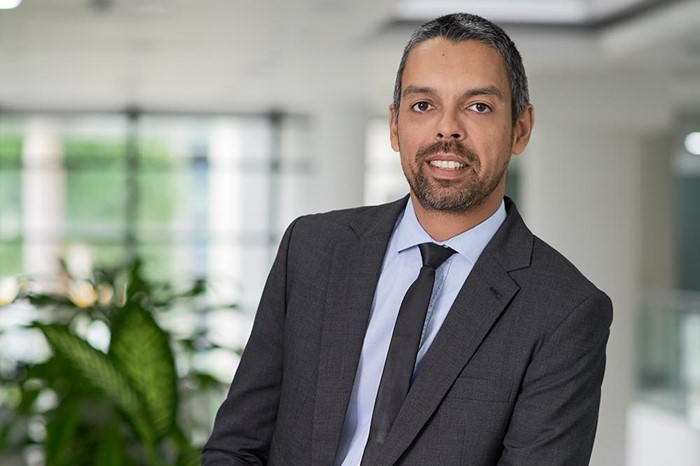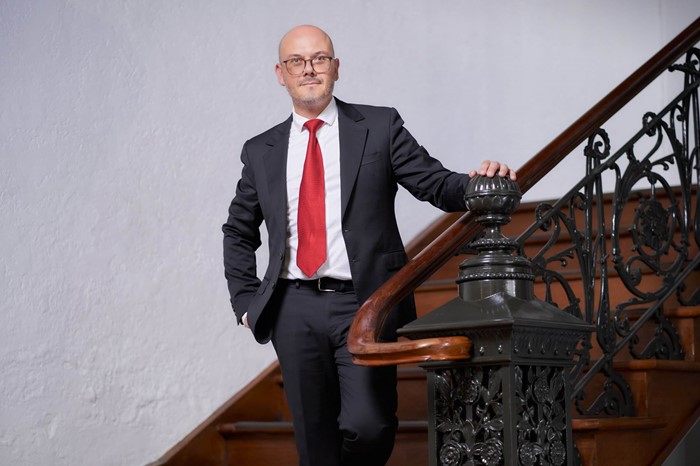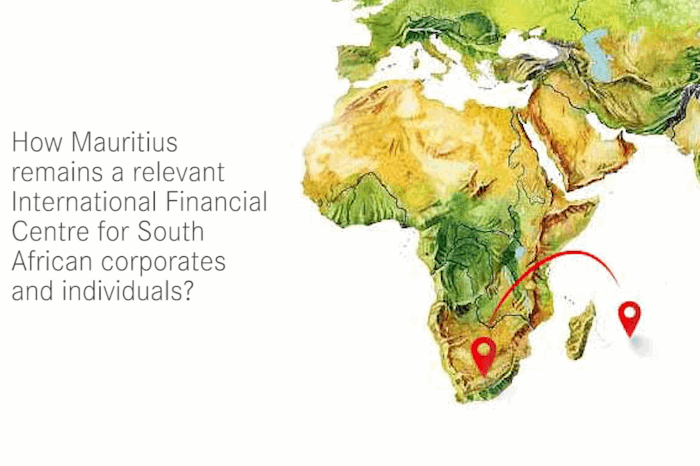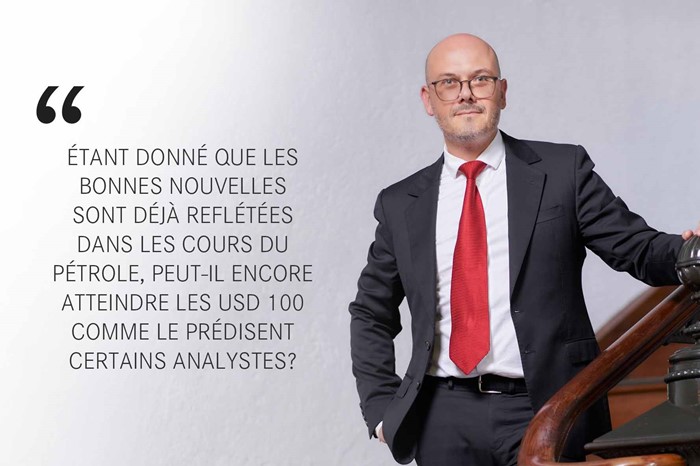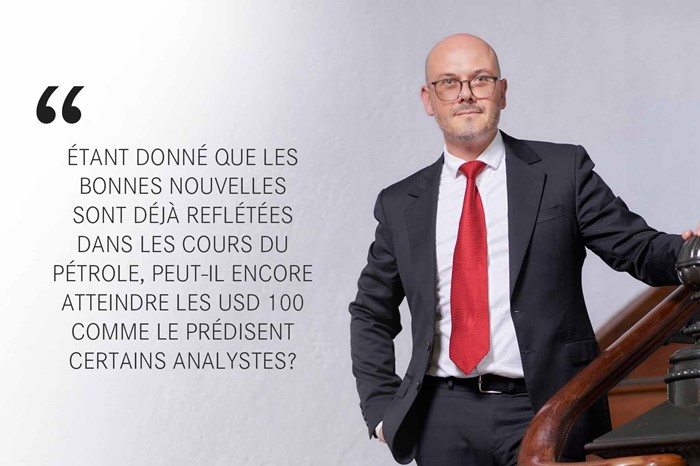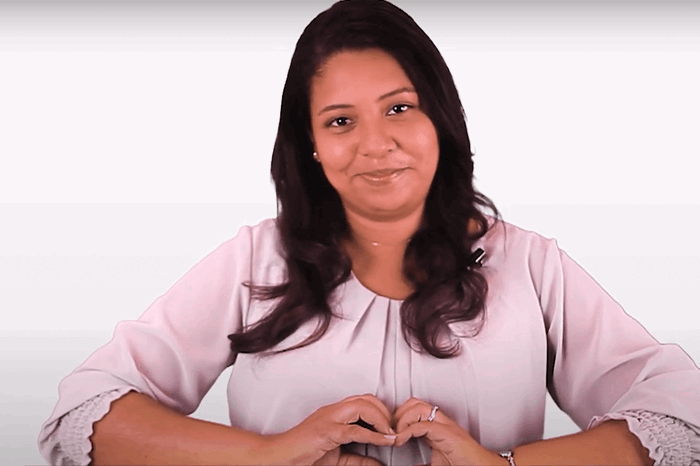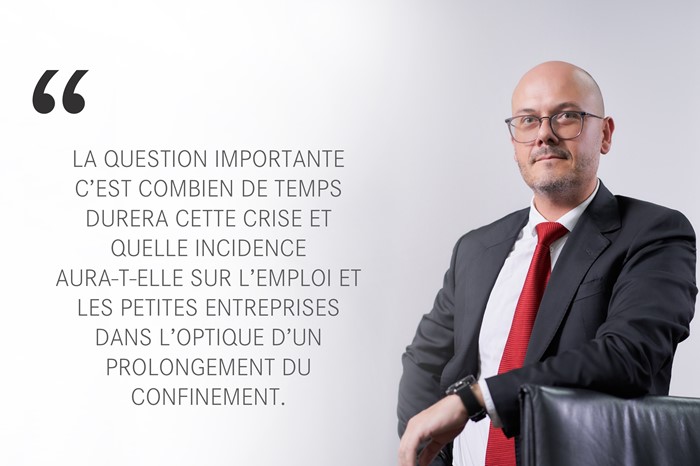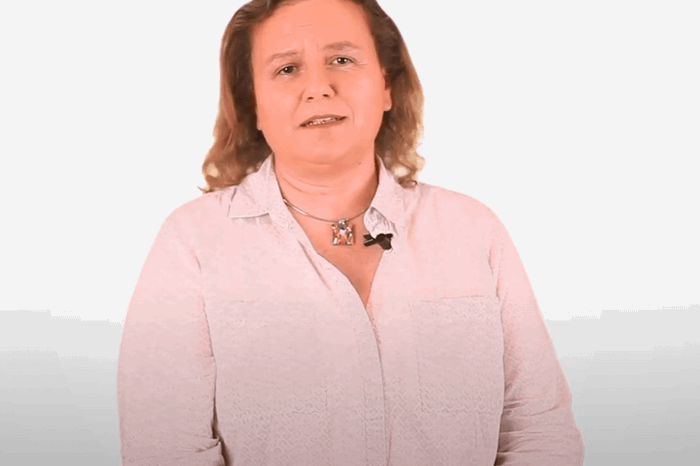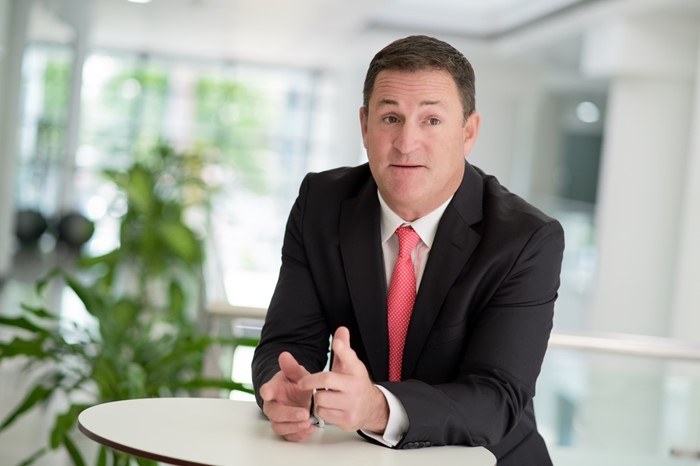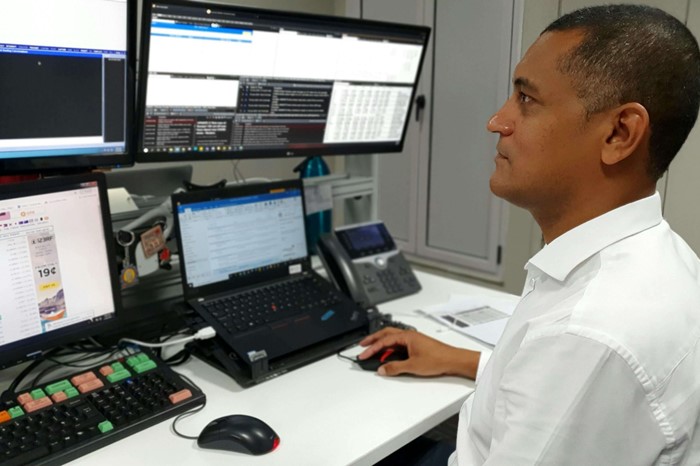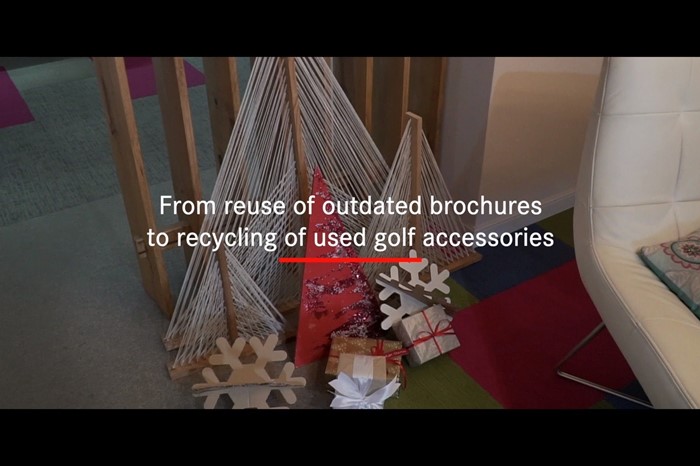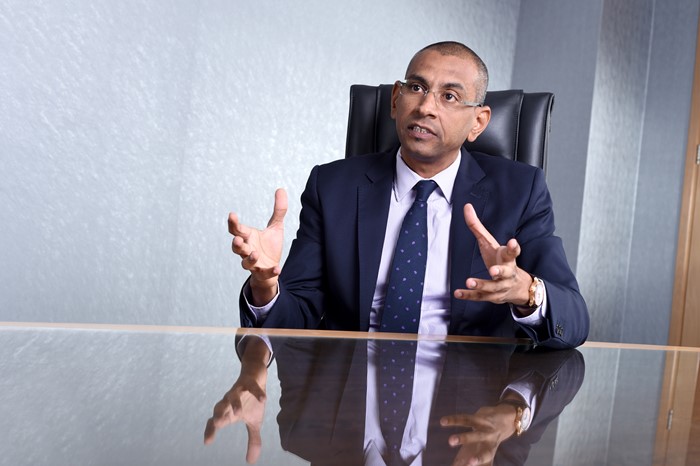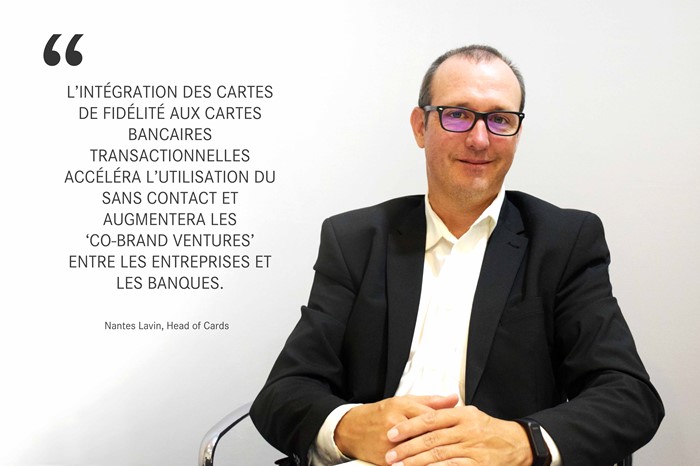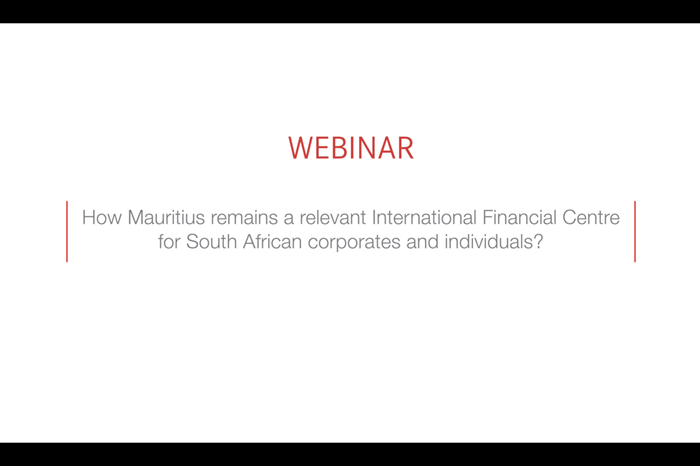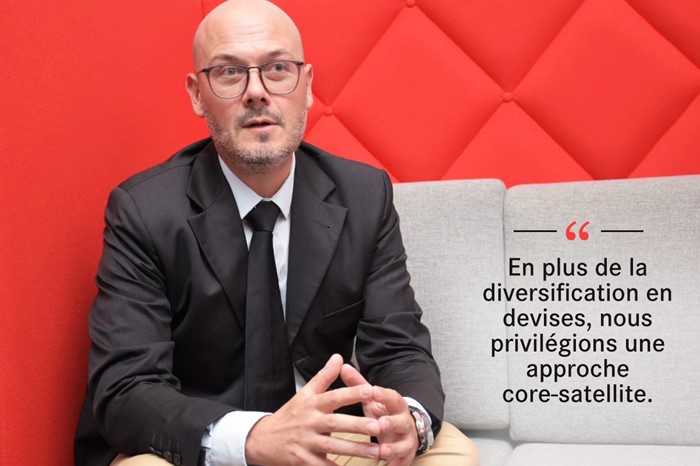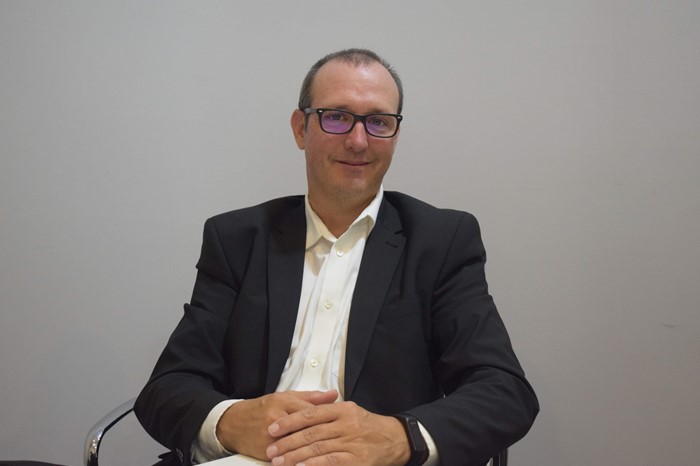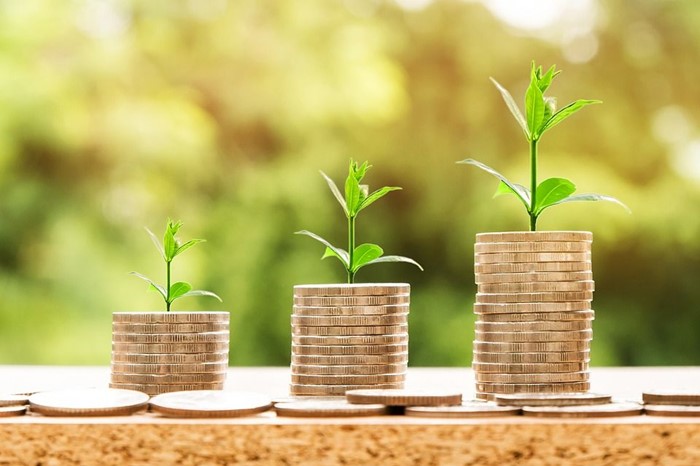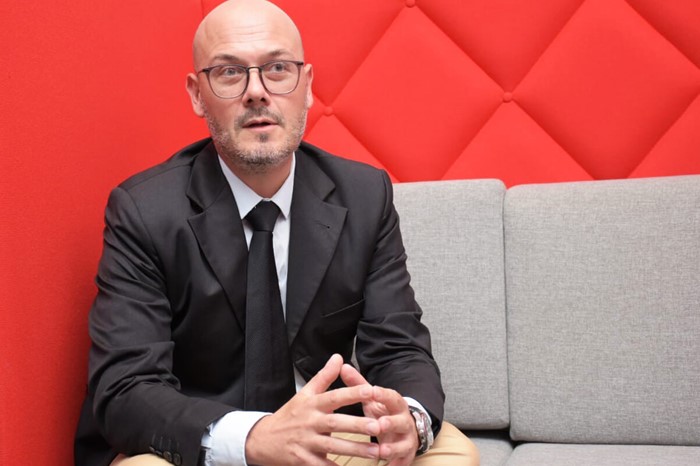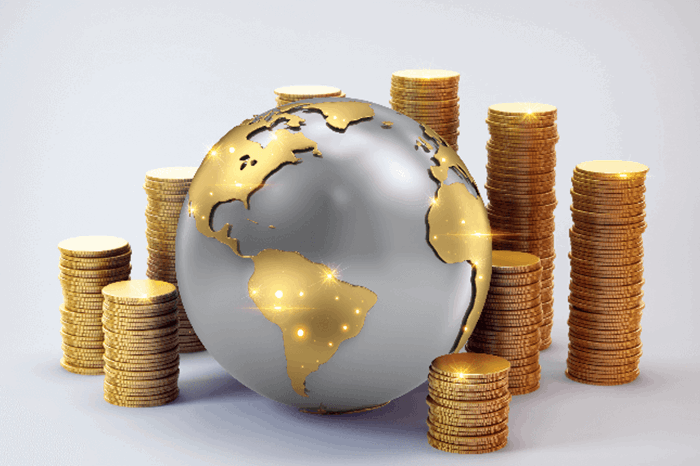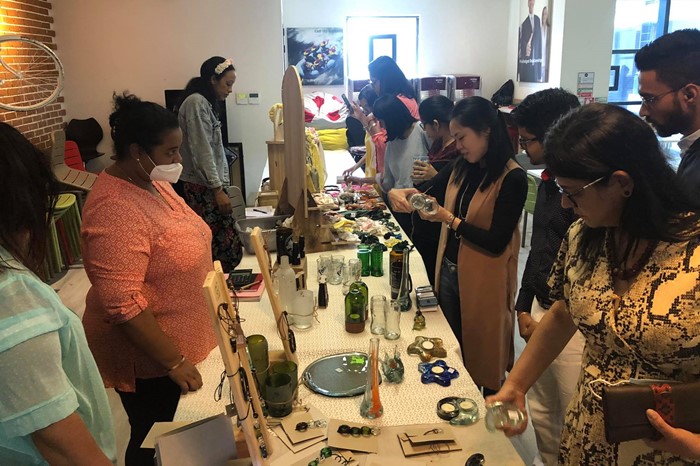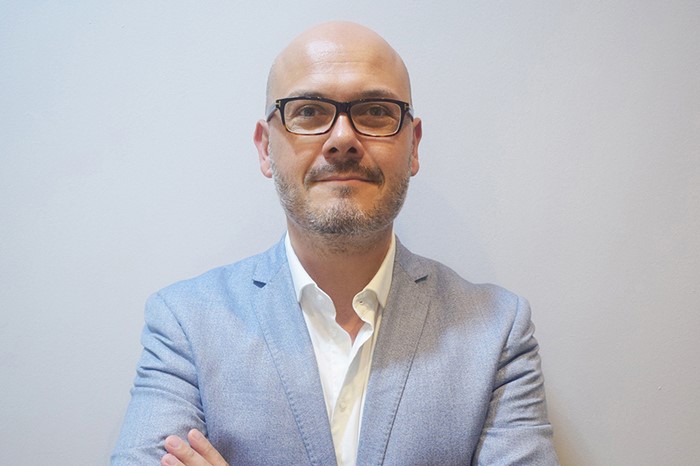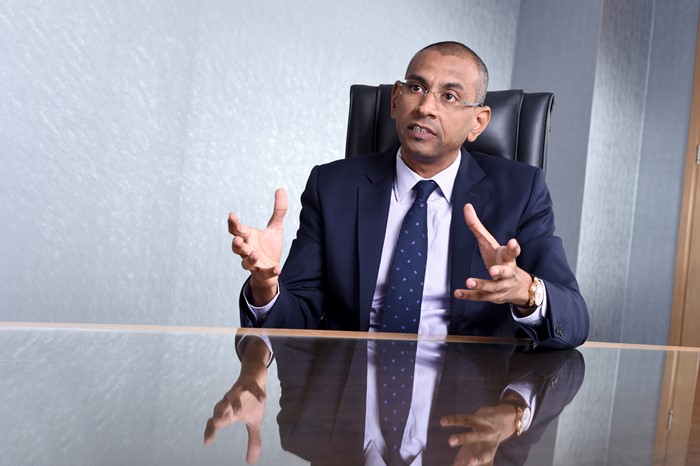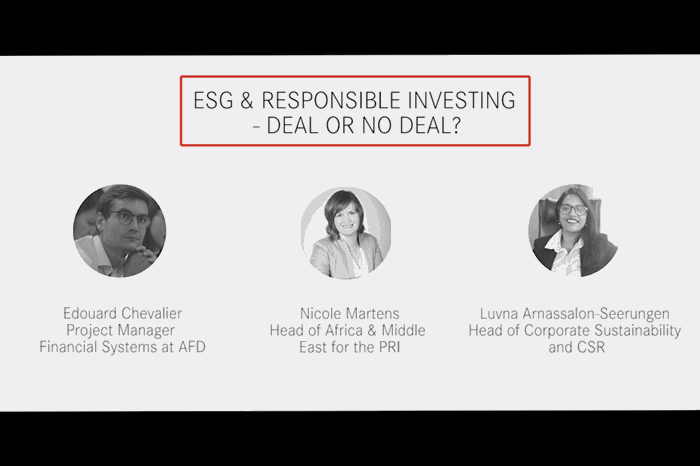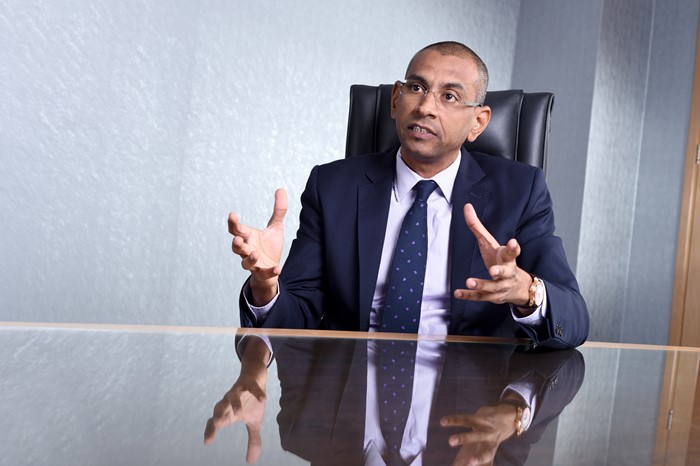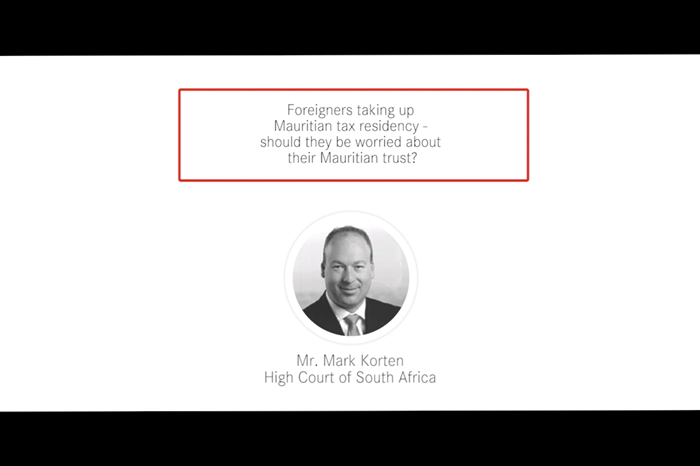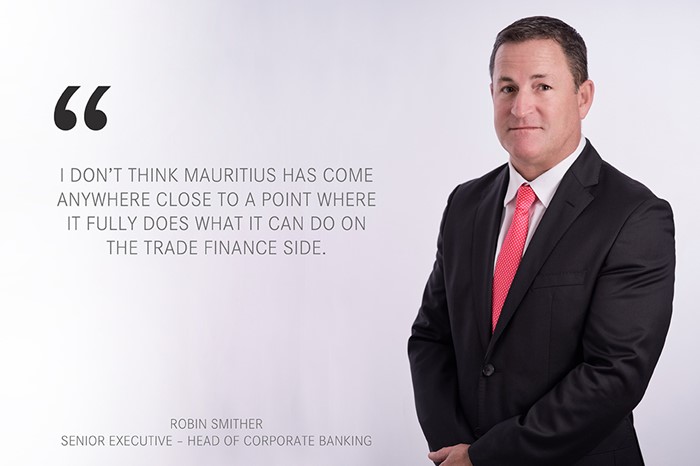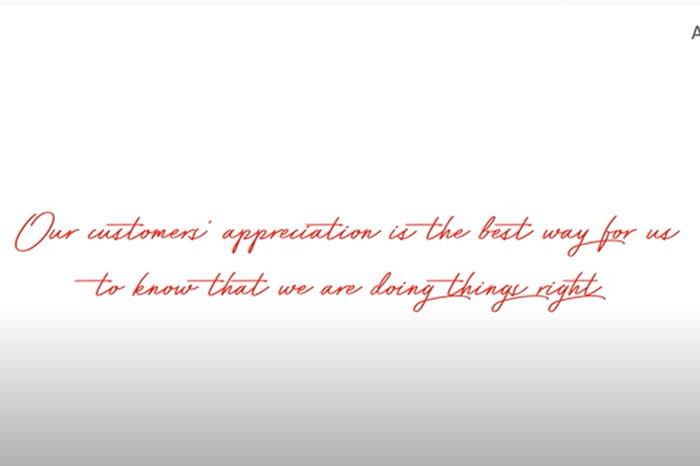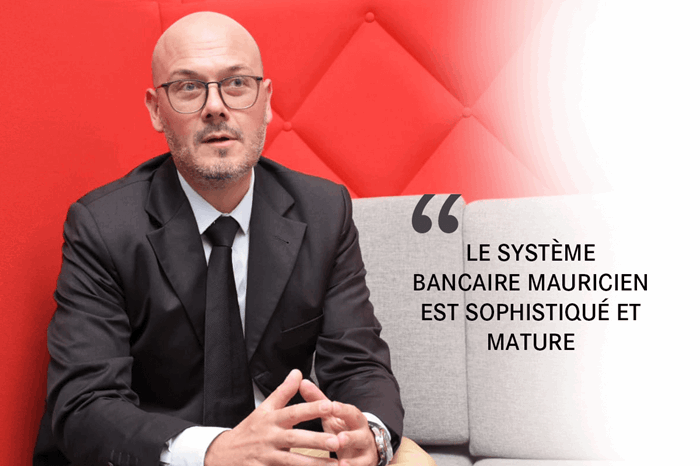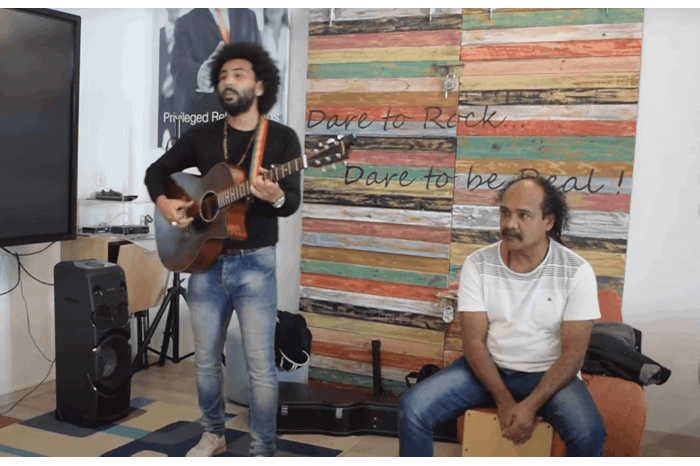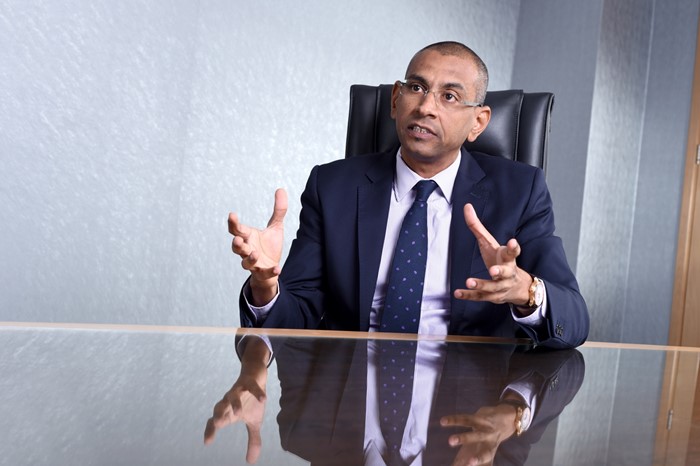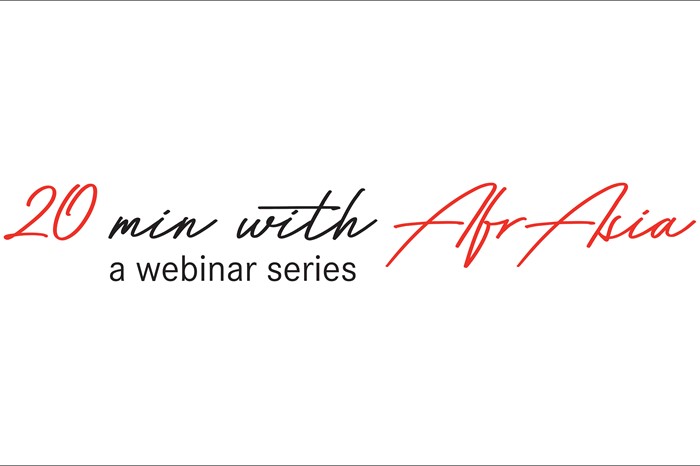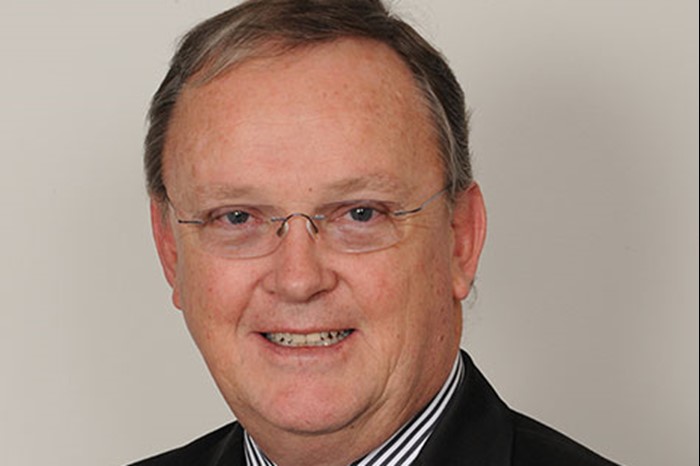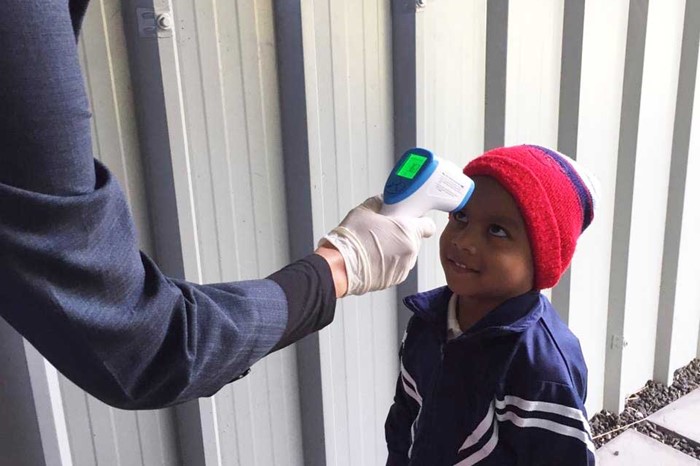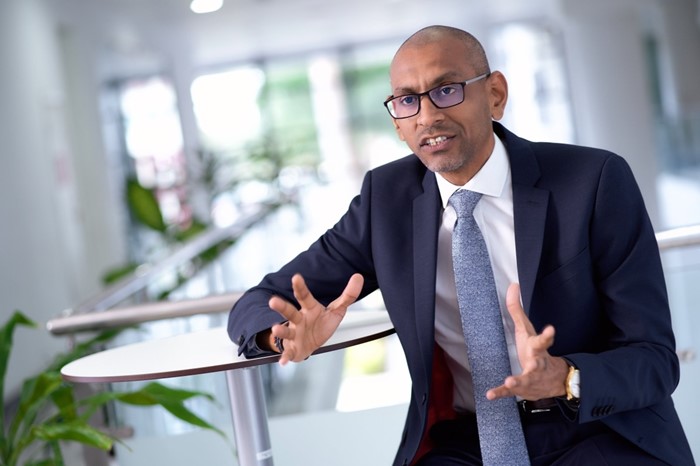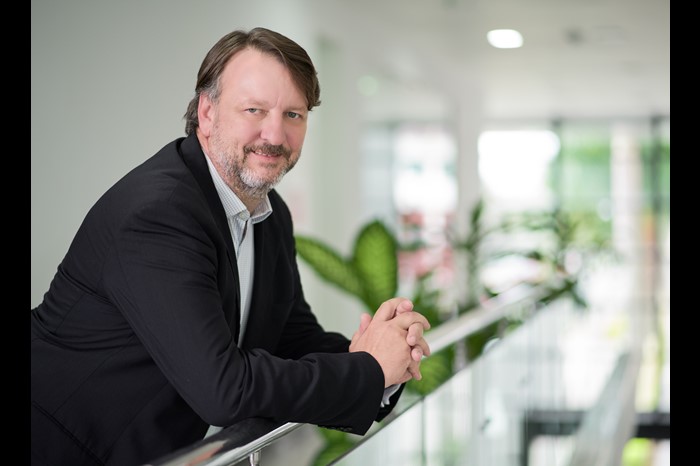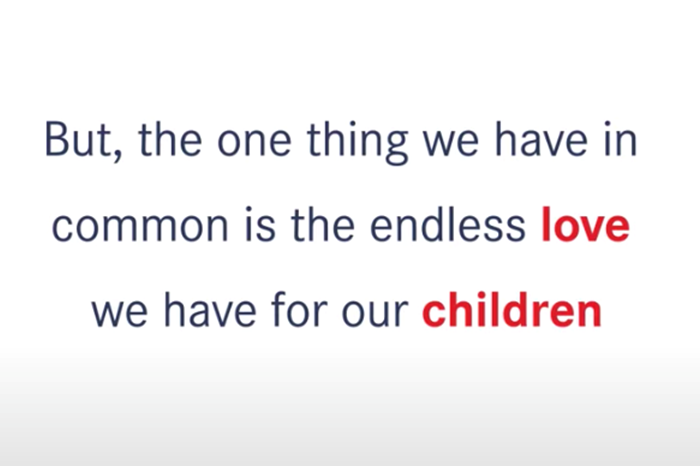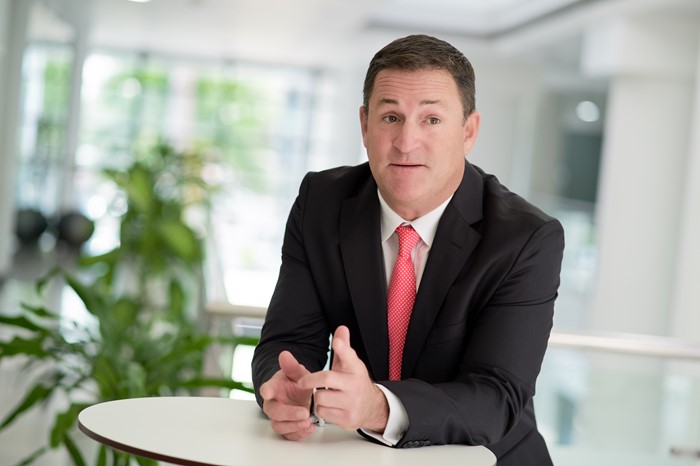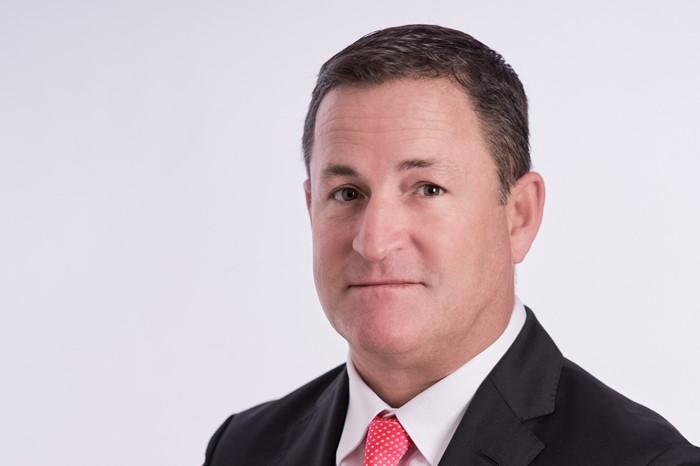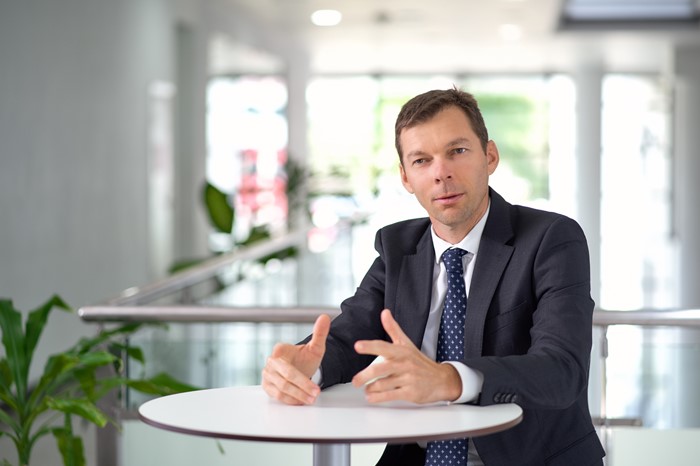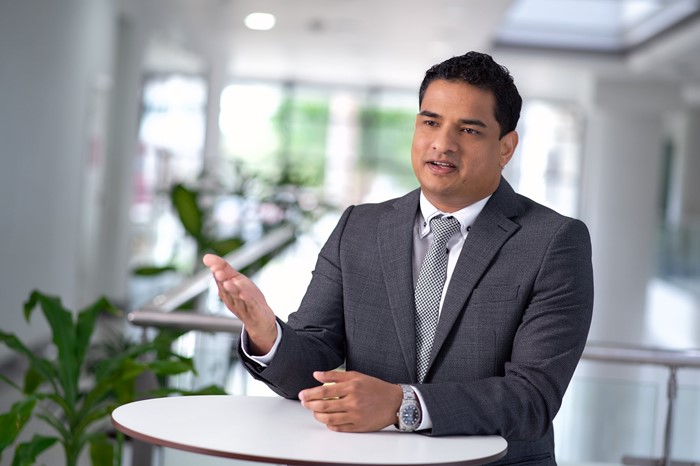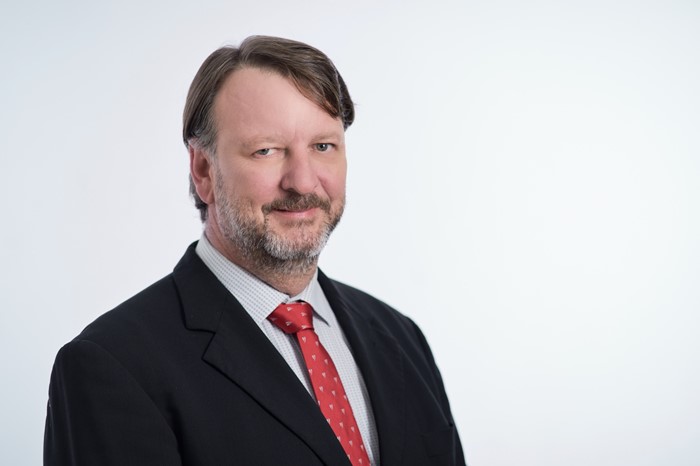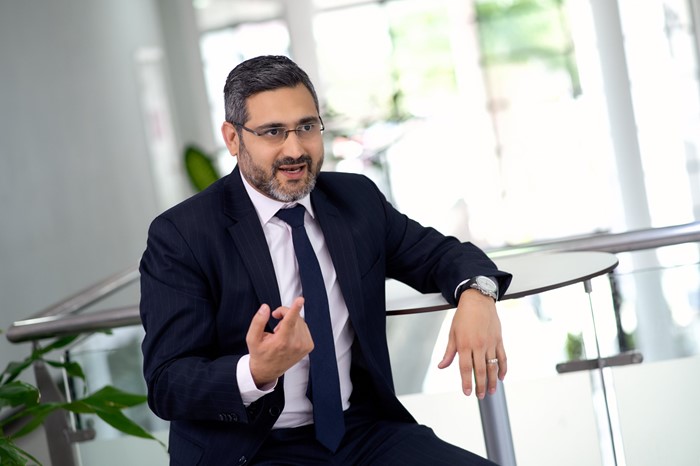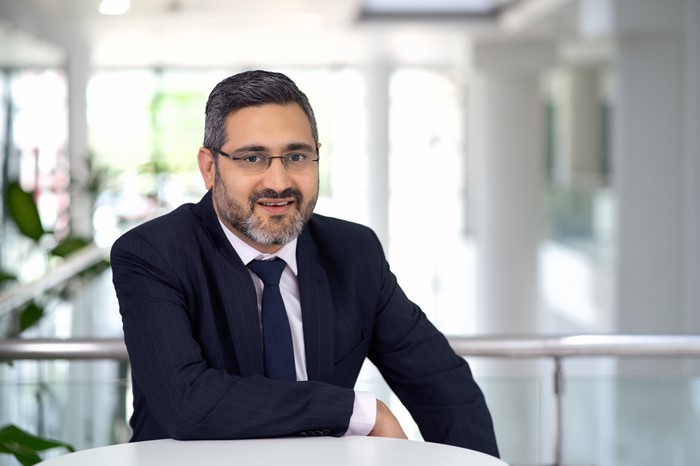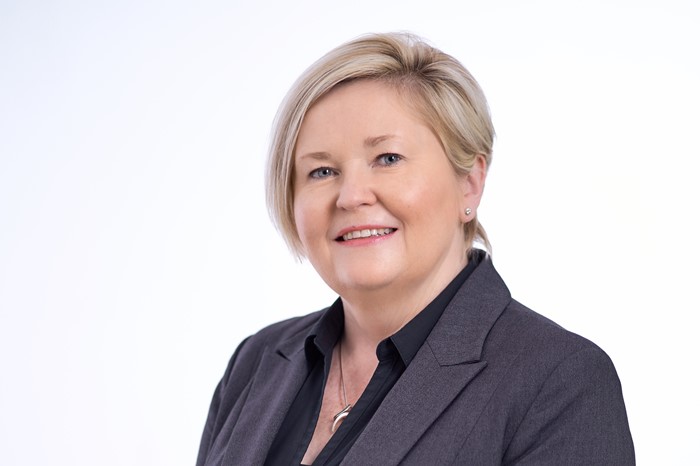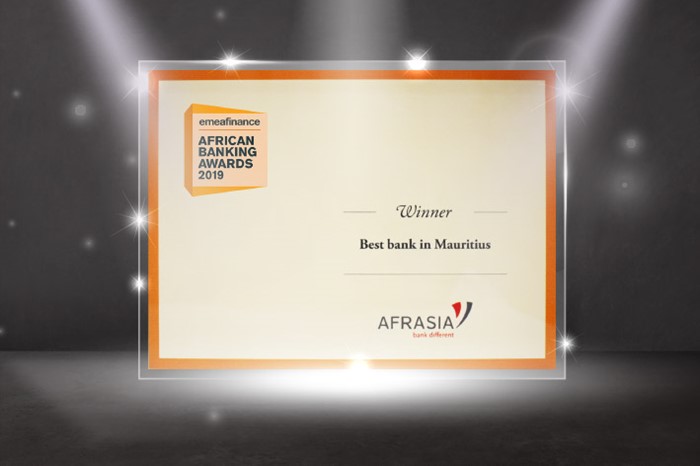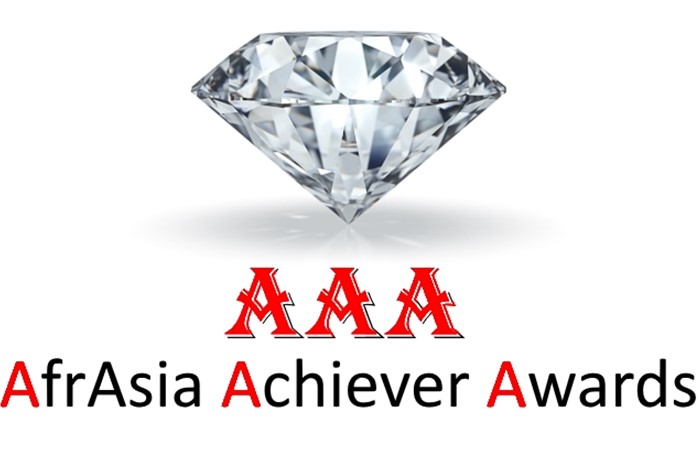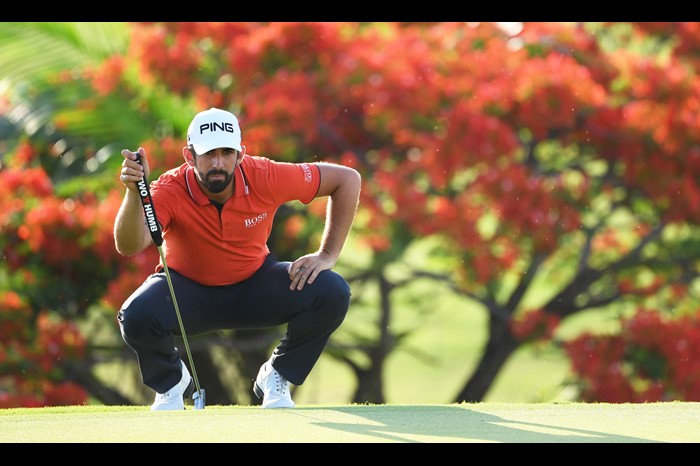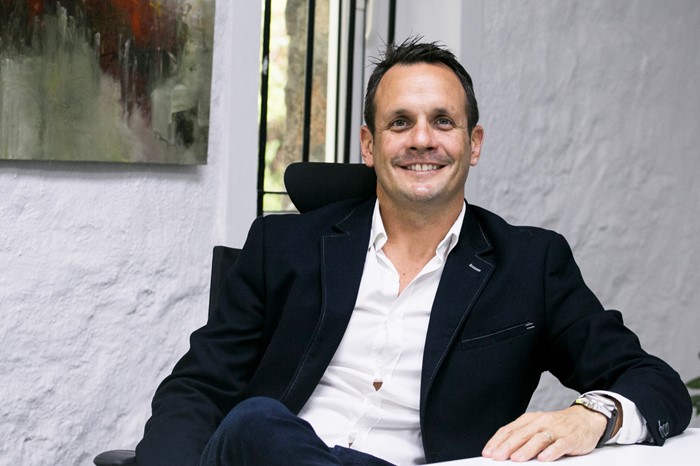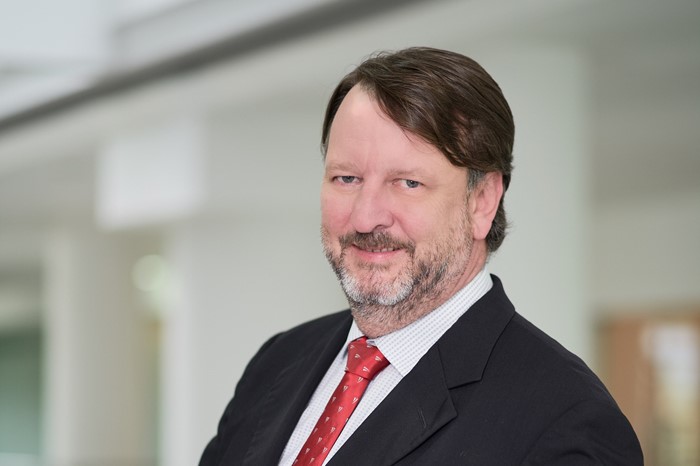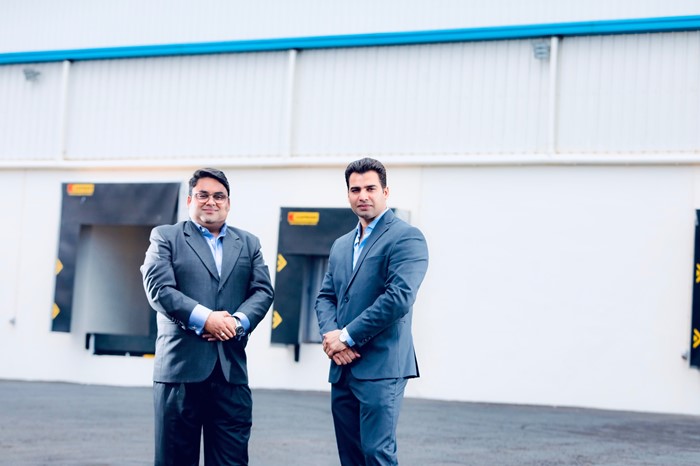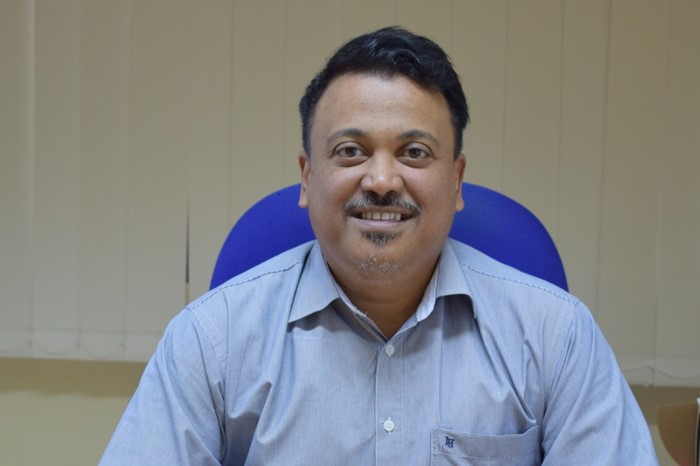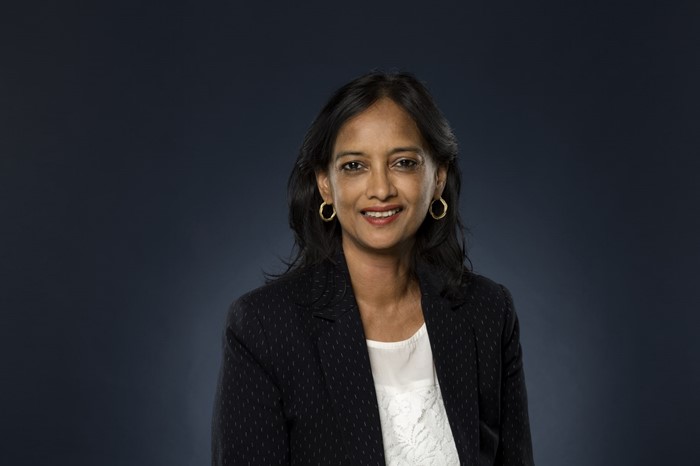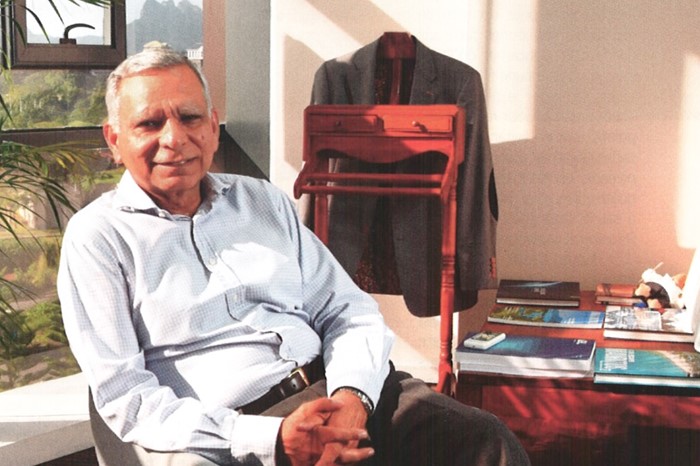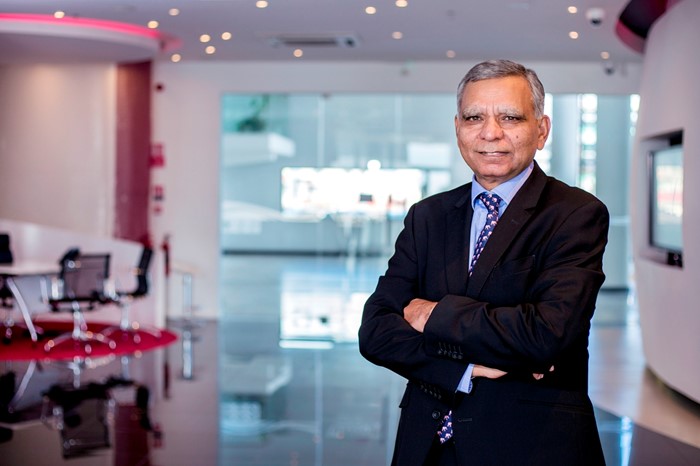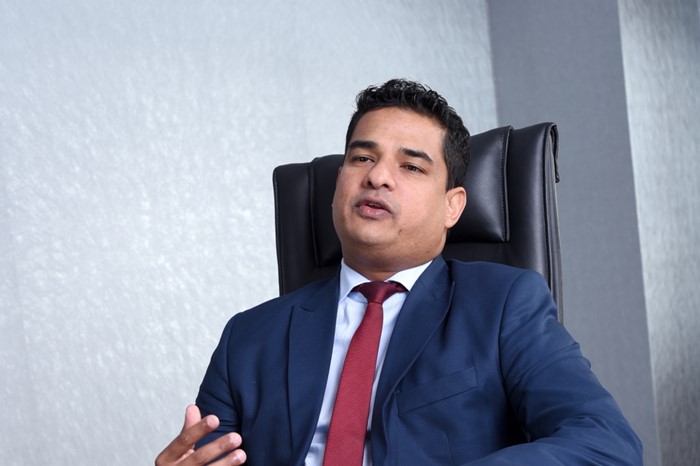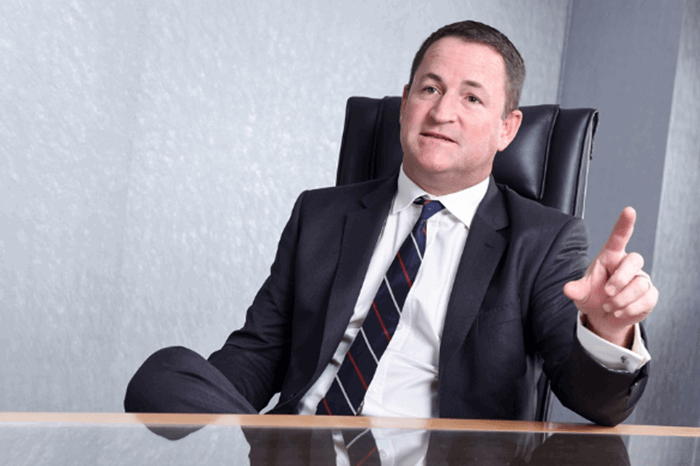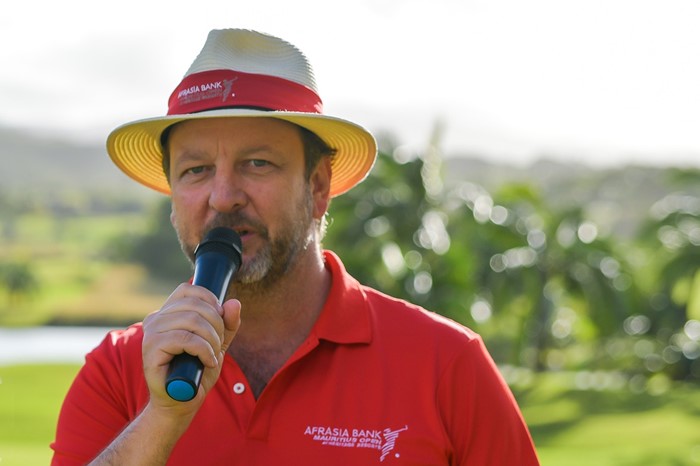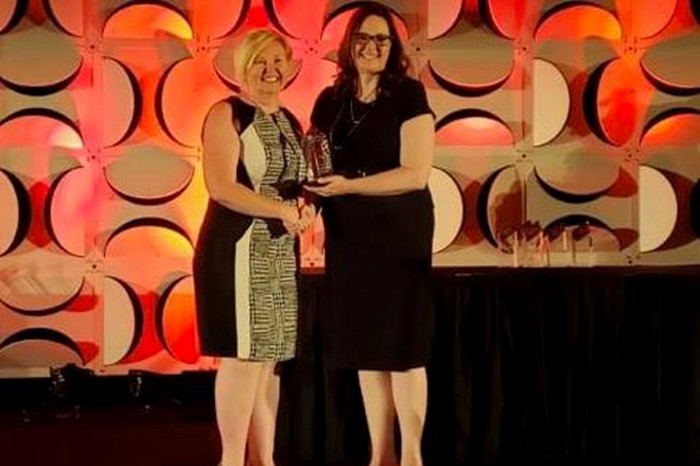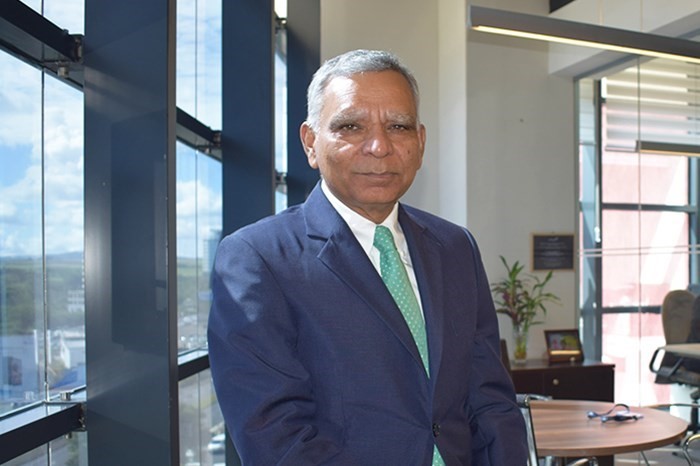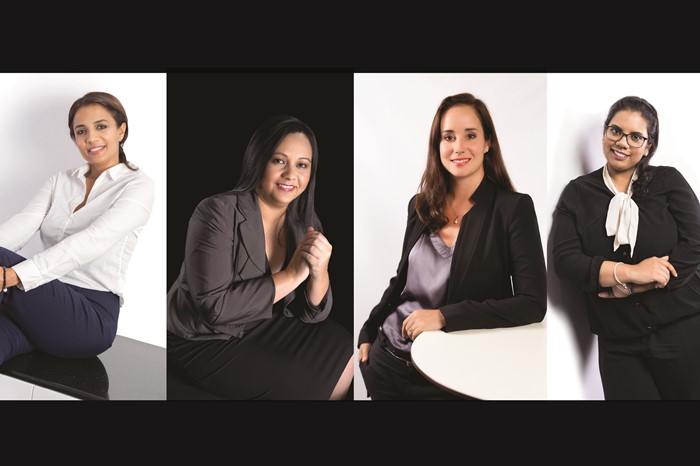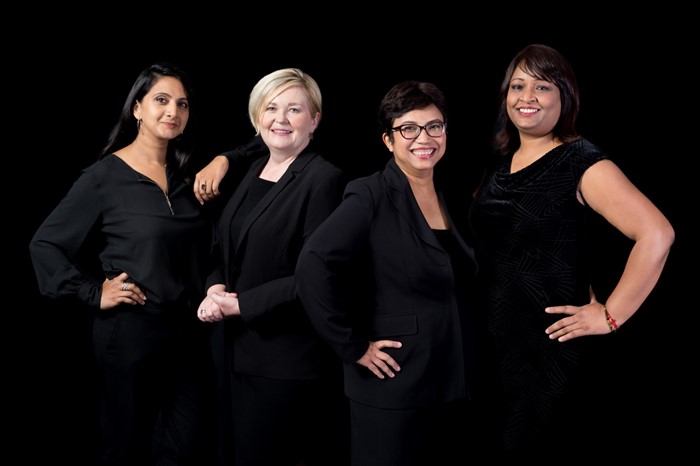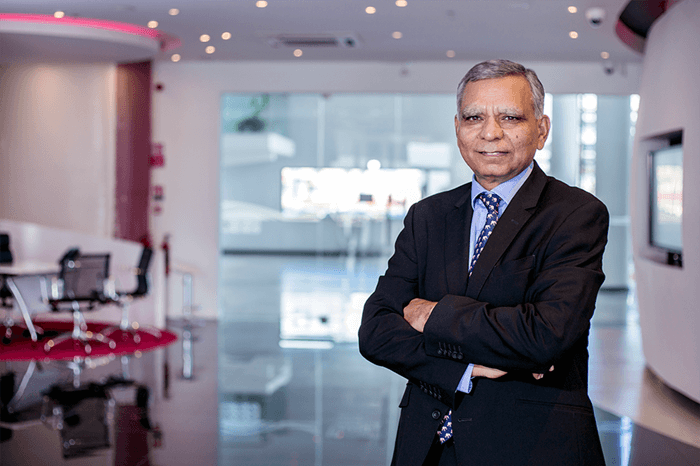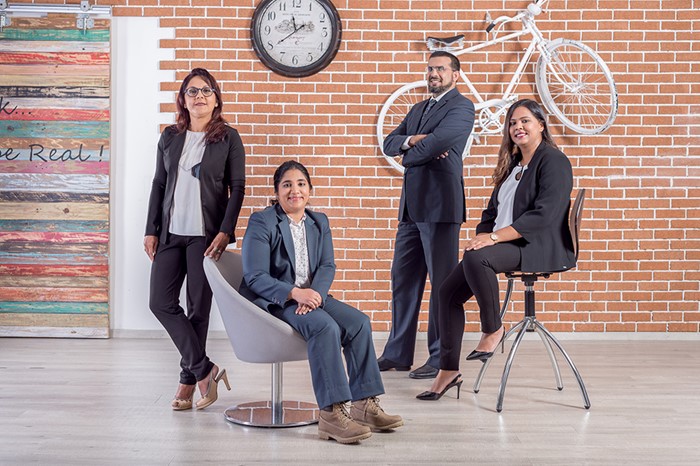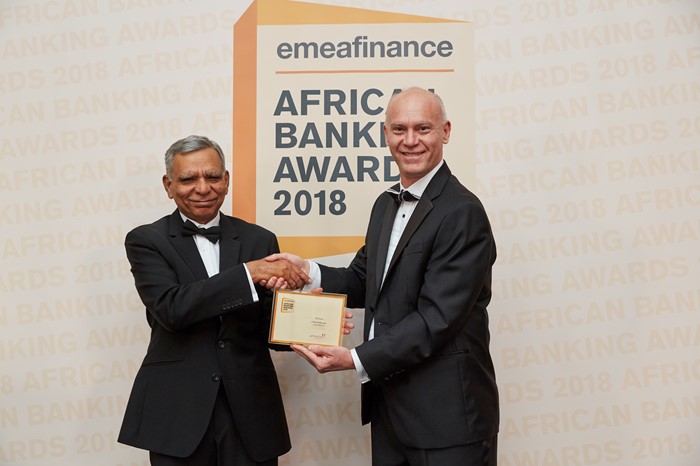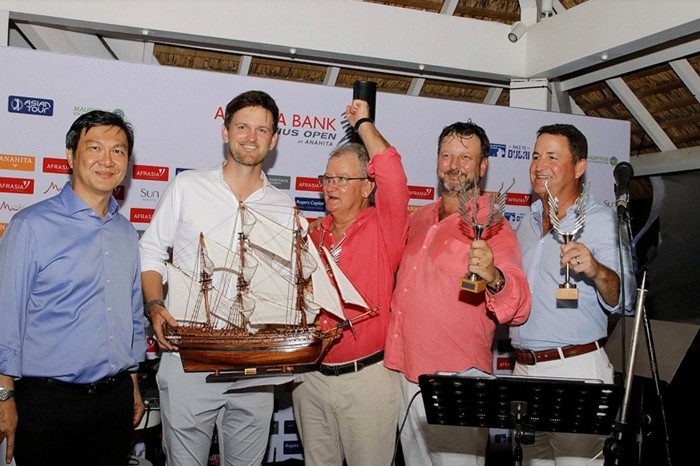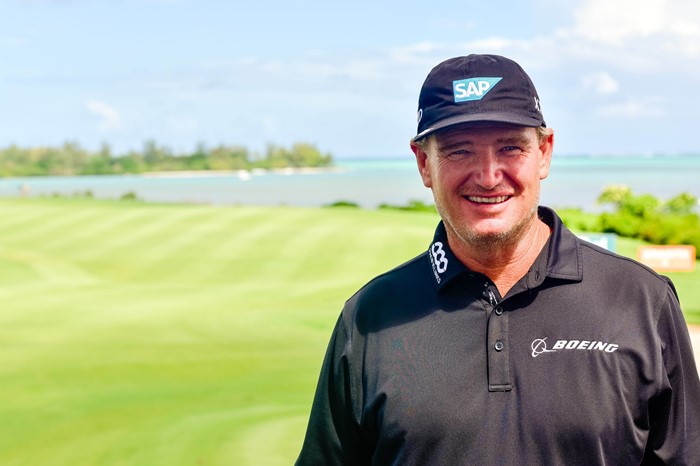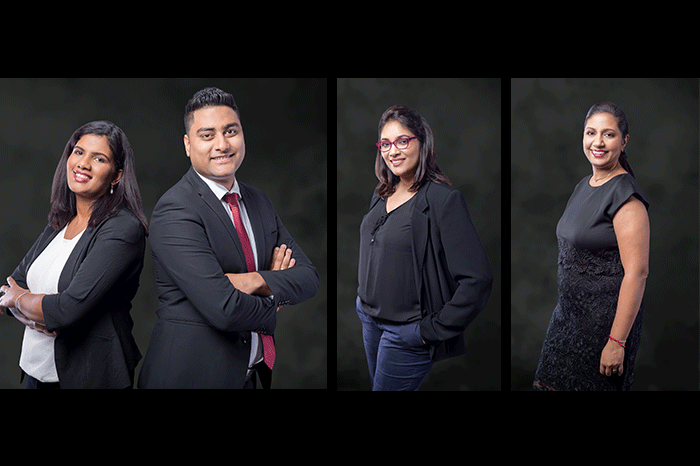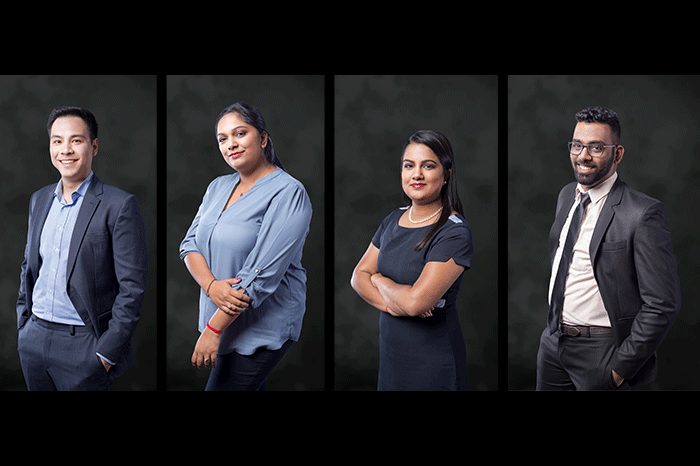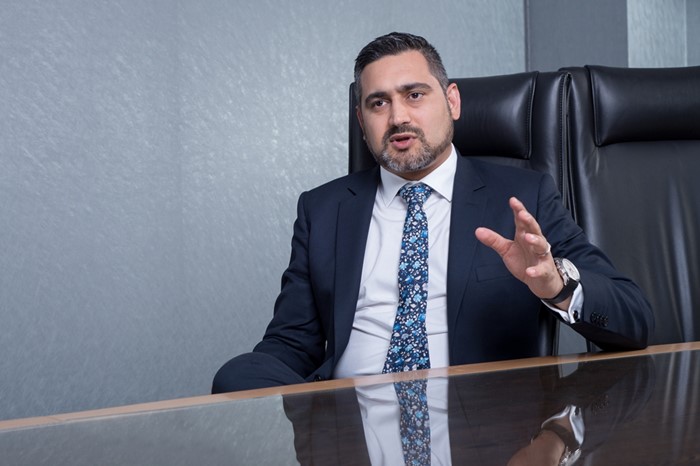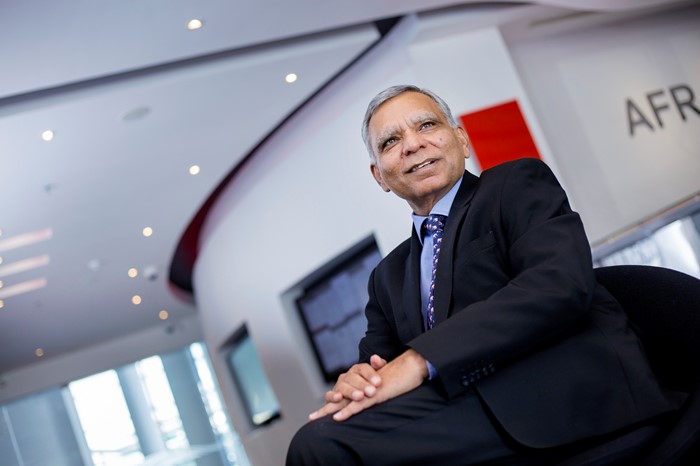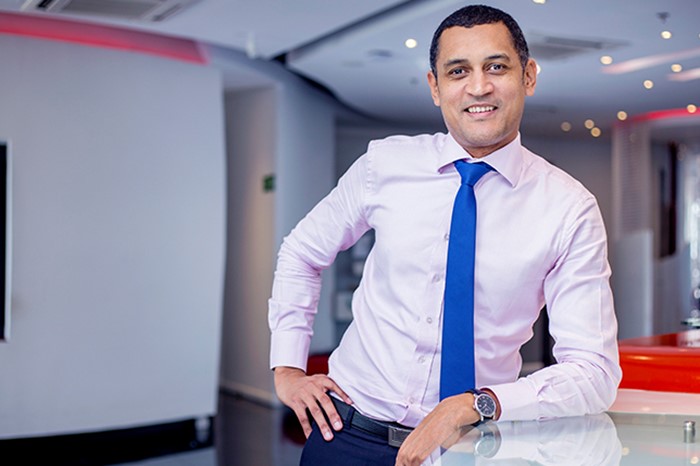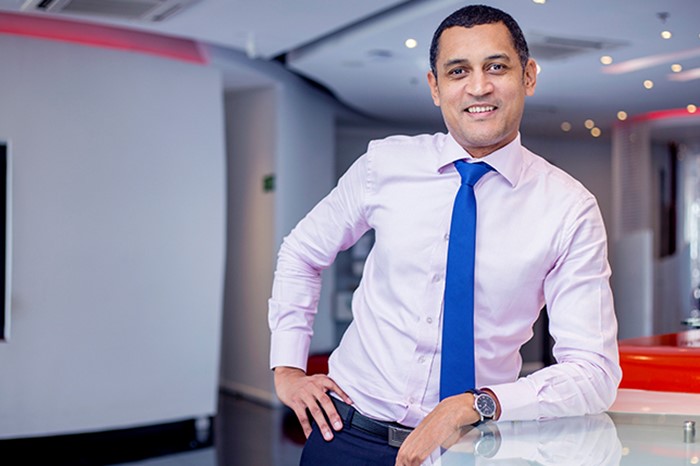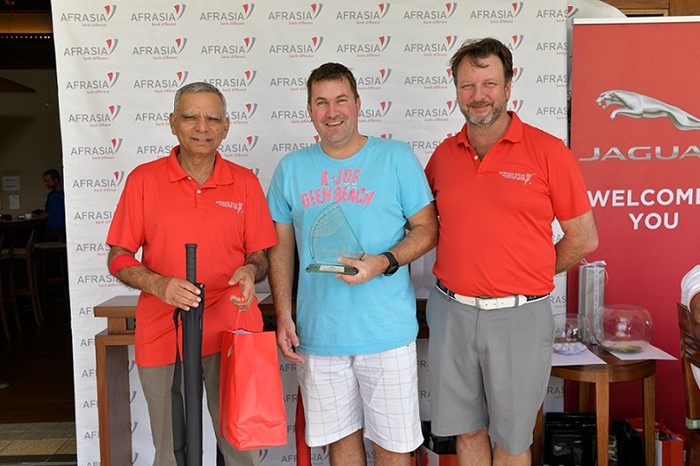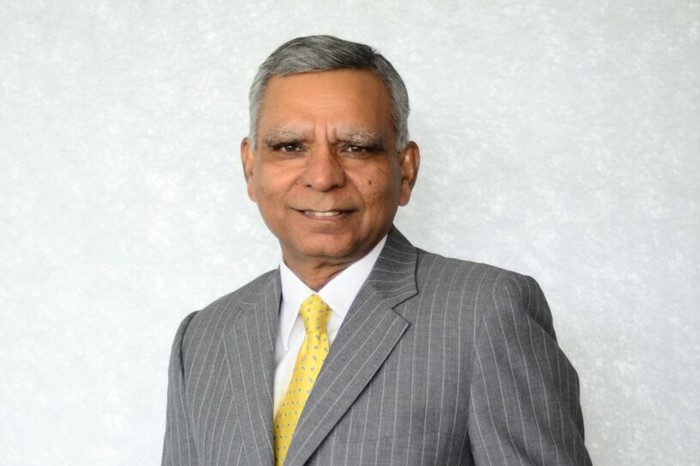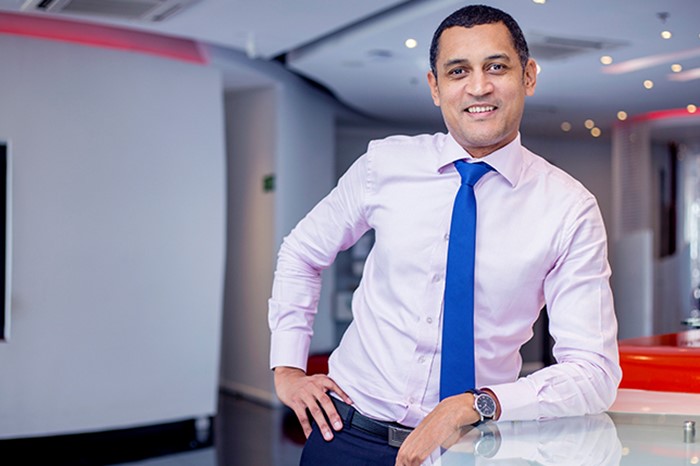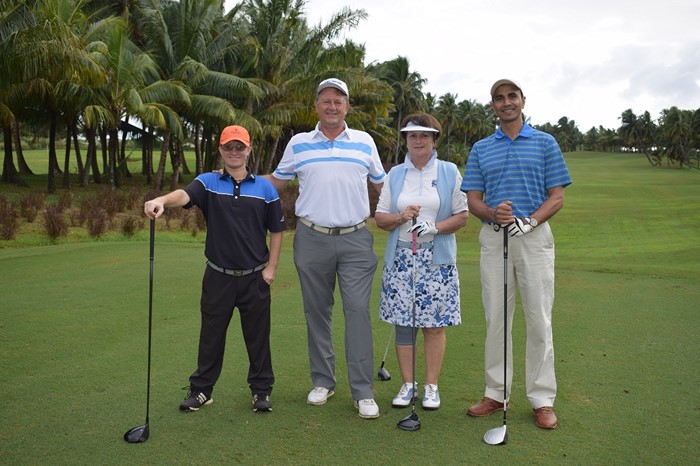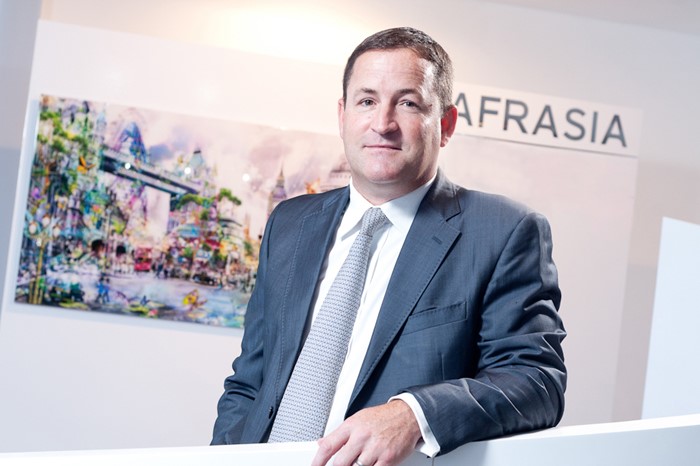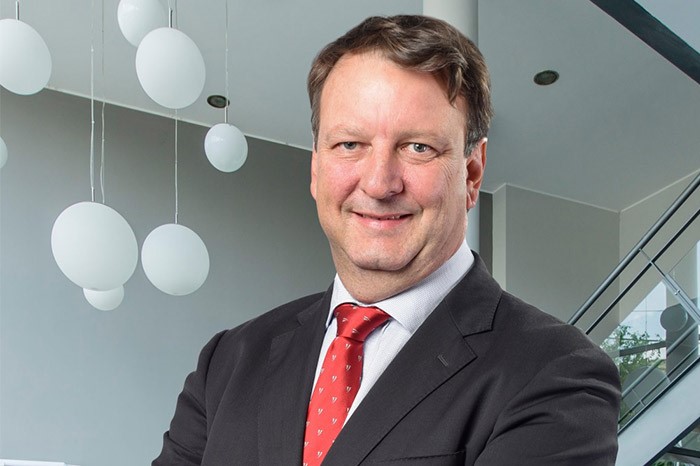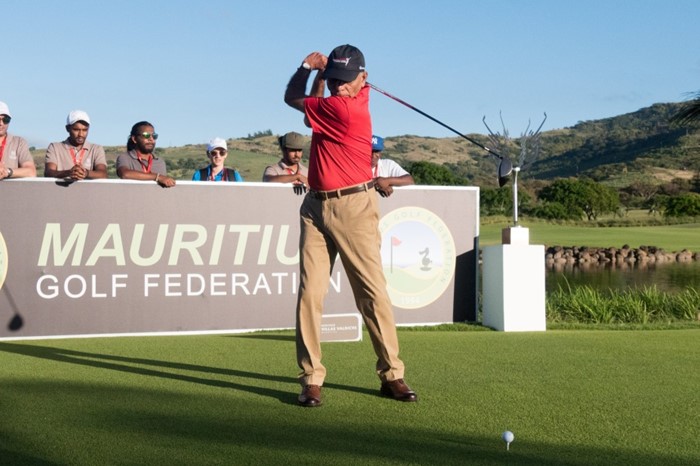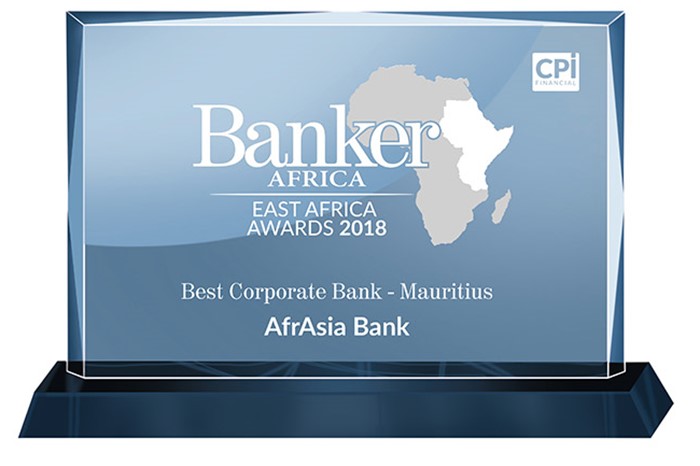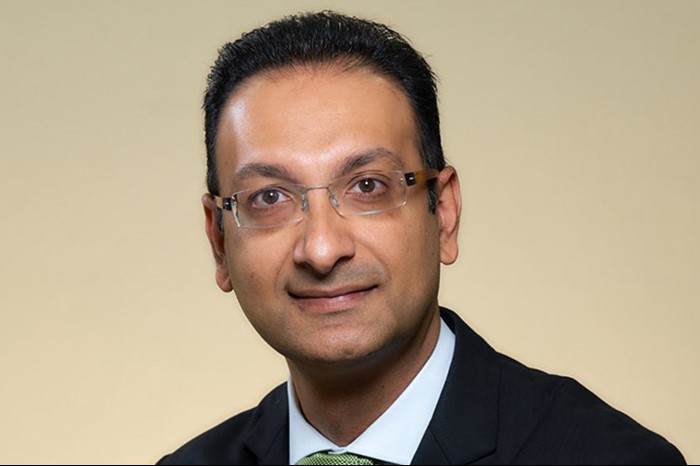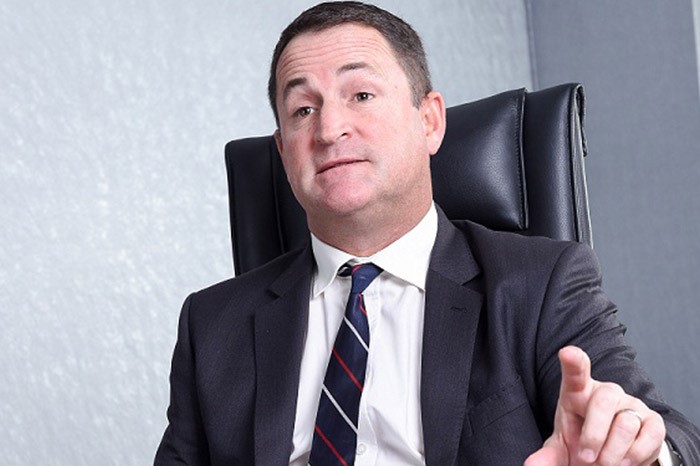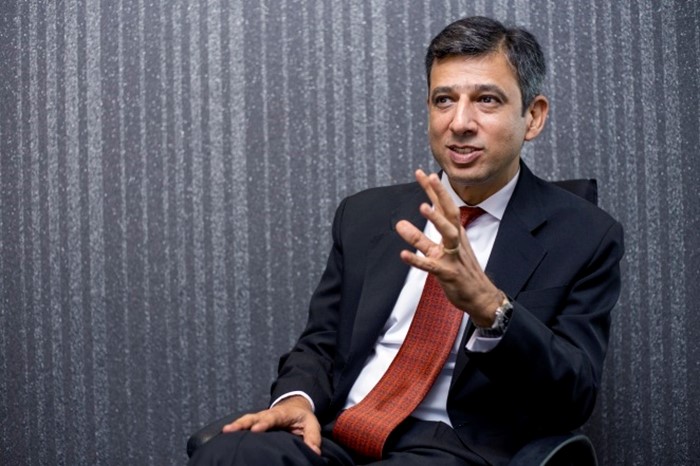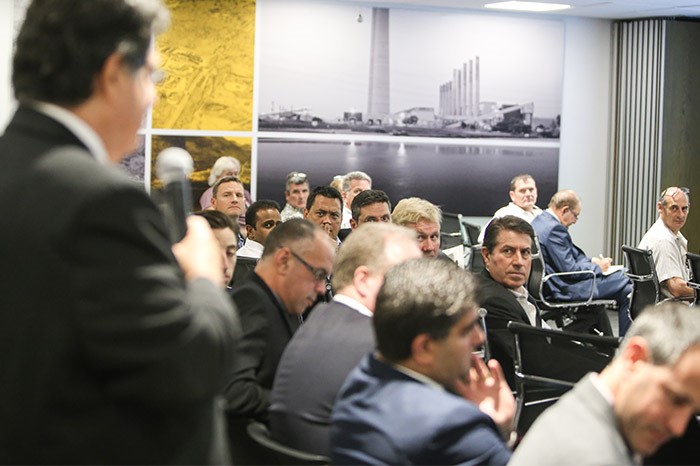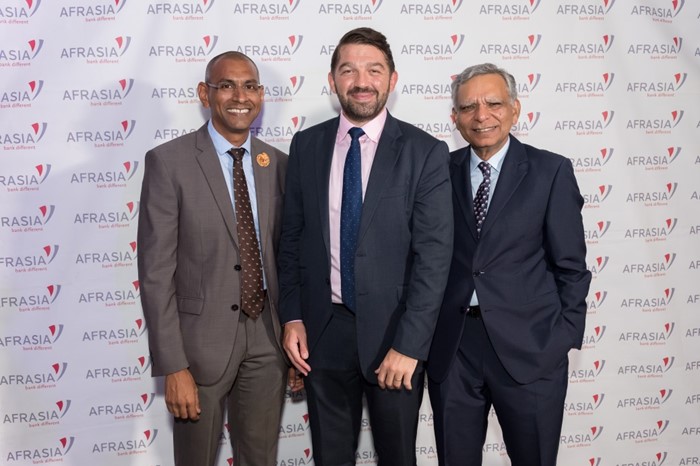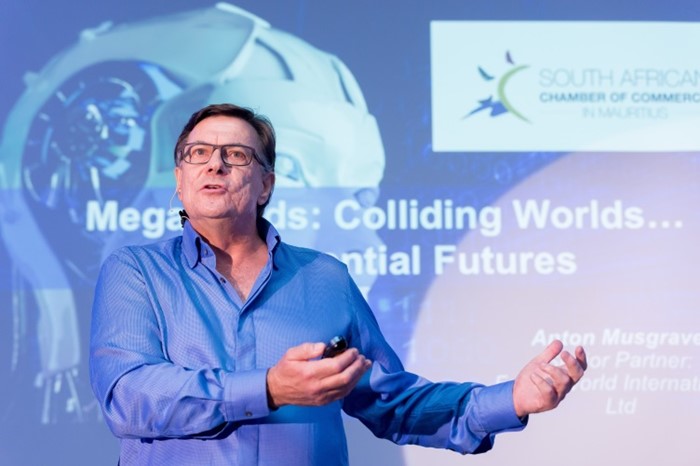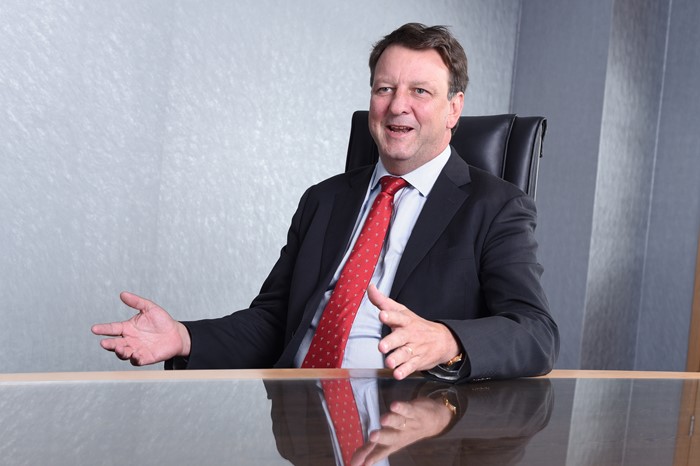
Q1. How do you see the budgetary measures aimed to develop the country’s blue economy sector?
First let’s define what Blue Economy is. In Mauritius, most people understand Blue Economy as marine economy. We here refer to the book The blue economy by Gunter Pauli. Blue Economy is described as an economy based on innovative business models, local resources for the benefit of the people and the environment as well. Blue economy has proven to be profitable and much more resilient.
The budget clearly signalled the intent to, over and above all, protect employment. After all, this is the foundation of all economies, whether blue or not. The will to develop sustainable agricultural practices was also made clear. An initiative that should have a very positive dual effect. First, that of helping us build food sovereignty. Much needs to be done, but if we manage to meet some concrete goals, we will be moving in the right direction. Secondly, it should impact the heath sector, through the evolution of our eating habits and of course, by putting an end to pesticide over-utilisation, which is a real public health issue. Generally speaking, we can only approve of any measure implemented to help Mauritius repatriate added value.
Another concrete measure, and one that has been largely absent from discussions, is the creation of a network of waste treatment facilities (Civic Amenity Centre). This is good news. As, in the same way as Open Data contributes to the development of digital start-ups, sorted waste will contribute to the development of waste recovery activities. In the case of used tyres, recycling will also benefit from export incentives. This is a step in the right direction but from both an economic and an ecological point of view, incentives for the local reuse of materials should be greater than those for export. The principle should be applied to all waste (namely plastics) that must, from now on, be viewed as resources. Finally, Blue Economy is synonymous to low-carbon energy. Even though the MEPU's roadmap is a very good one whose existence we should praise, it is still not sufficient in regard to the Paris Agreement commitments (COP21) and our energy sovereignty.
Q2. Can the blue economy sector be the lifeline for Mauritius’ future growth?
It has to be. Mauritius has not yet completed its development. We need to continue our economic development started 50 years ago, riding a global trade favourable to emerging countries.
Unfortunately, the world economy has been ailing since 2008, with two major trends being seemingly ignored and rarely mentioned in public debates or the press. The first is energy availability. Oil has boosted the world economy for the past century and a half. Yet, conventional peak oil occurred in 2008 in widespread indifference. Those are not my words, but those of the International Energy Agency. A cap on the energy sector will inevitably lead to constraints on added value, and thus GDP. It is just physics and the laws of physics apply to all. Then, demographic developments in OECD countries, the consumption level of which is the main driving force of the world economy, show ageing populations who have less needs. This is heavily affecting global demand. Unfortunately, the young populations of developing (or not) countries are in no financial position to take over. This is a fact that has been hidden from us since the 2008 financial crisis through quantitative easing by central banks, a process we have termed here "helicopter money". Since 2008, and even before the COVID-19, half of global growth has been attributable to the American and European money printers. COVID-19 crisis aside, if we are counting on global growth to drive our own, we are in for a disappointment.
Q3. What are the resources and sectors with development potential?
In Mauritius, the two sectors that should particularly attract attention and investments are food and energy. More than simple economic matters, these fall into the realm of national security and sovereignty. We are lucky to have an abundance of land, sun and water. We have no excuses. 100% local energy and food self-sufficiency are realistic targets; in the long term admittedly but feasible with a proactive policy. These two sectors are at the heart of all blue economy projects which aim at generating multiple cash-flows from a portfolio of local opportunities, to meet local needs or export demands. It is with this in mind that IBL availed themselves of the services of Gunter Pauli. The latter has spent the last thirty years developing economic, environmental and social regeneration projects, in island (or not) territories. He is a great source of inspiration for creating value from what we have whilst solving social and/or environmental problems.
So yes, without a doubt, the blue economy can help deal with these subjects that are essential for our sovereignty, whilst stimulating economic growth that is specific to Mauritius and independent from global growth. Coming back to the budget, the subject of your first question, much can definitely be done during the upcoming timelines in order to achieve more.
Q4. Has the recent pandemic heightened the significance of being self-sufficient?
Unfortunately, we tend to react only when we are hurt by a hit. We do not really care about risks associated with our energy and food dependencies until they materialise. The COVID-19, or rather the global panic it caused, shone a light on this weakness of ours. Supply chain disruptions have had the merit of reawakening this old fear. That being said, the problem currently gripping the world is not food shortage, but the mass unemployment ahead and the inability of some to earn a living. As pointed out by the Food and Agriculture Organisation of the United Nations (FAO), since the 60s, food scarcity has often been bandied about as a bogeyman. In the meantime, the world population has doubled and famines unfortunately recorded have been the result of logistics problems, poor governance or wars; and never that of insufficient world production. This does not however mean that this is a false problem. And things could change with global warming, which poses a real threat to agricultural yields, rainfall, facilitates the spreading of pests, etc... We have had some serious warnings since the beginning of the century. Even if, at present, world food production is not an issue, it is, sadly, highly likely that it will soon become one.
So, if the one lesson learned from the crisis is that it is important to regain our food sovereignty, then all the better.
Q5. IBL has joined the Zero Emissions Research and Initiatives (ZERI) network and has engaged to promote it across Mauritius. How far do you think the establishment of a mini and local “ZERI” network will help in encouraging industrial ecology and advancing a circular economic mind-set?
The ZERI network was created by Gunter Pauli in Japan after the Kyoto Agreements (COP3 in 1997) in order to take action on the climate and sustainable development fronts. It has since expanded throughout the world to include 32 foundations that support blue economy projects. Within IBL Group, we have initiated the setup of a monitoring system for launched projects. The Group includes numerous companies that can each collaborate in their own sector, which has helped us start these projects and prove that these initiatives work. Beyond that, the blue economy is by definition inclusive and territorial and of course, it should be extended to include the whole economy.
